When Letwina Nyagano, who has a background in human resources and accounting, turned her desire to be a farmer into developing a piggery business, her early attempts were frustrating. Now in her early 60s, and known locally as the “first lady of pig farming”, she is expanding her passion into neighbouring countries and developing a community college.
by Regina Rumbidzai Pasipanodya, bird story agency
“This isn’t a cosy retreat but a bustling workplace,” joked Letwina Nyagano with laughter in her eyes as she led a tour around her pigpens.
The words were a gentle reminder that her piggery is not a vacation spot but a realm of sweat, toil, and purpose.
Today, Nyagano, 61, is a renowned pig entrepreneur based in Norton Ward 15 in the Mashonaland West Province of Zimbabwe. Her journey in piggery production started with only three piglets. Her start was hardly inspiring; she kept running into problems trying to build a sizeable herd.
“When I first stepped into the world of piggery, I told myself that I was not going to give up so easily. I was determined to make it a success,” she said.
Nyagano’s passion for farming was nurtured in her childhood. Growing up, her family was supported by her father’s farming activities, and it was through farming that he managed to send her to school.
“Although I took HR Management as a course, deep inside I always felt the farmer in me. That is why it wasn’t that difficult to shift from the HR responsibilities and become a full-time farmer,” said Nyagano.
Since 2014, Nyagano has managed to build a piggery empire under the banner, “Nyaga City Piggery” – named after her surname.
Nyagano smiled as she recalled how she once crunched numbers waiting for her initial three sows (female pigs that have had at least one litter of piglets) to give birth. Now she owns a drove of pigs numbering close to 1,000. Her business mainly consists of growing pigs for sale to other farmers.
Her current impressive numbers had a boost during the Covid-19 pandemic.
In 2020 Nyagano received 40 piglets through the “Presidential Pass On program”, a government initiative that seeks to support women in agriculture with capital for their projects. This comes in the form of piglets, chicks, and rabbits.
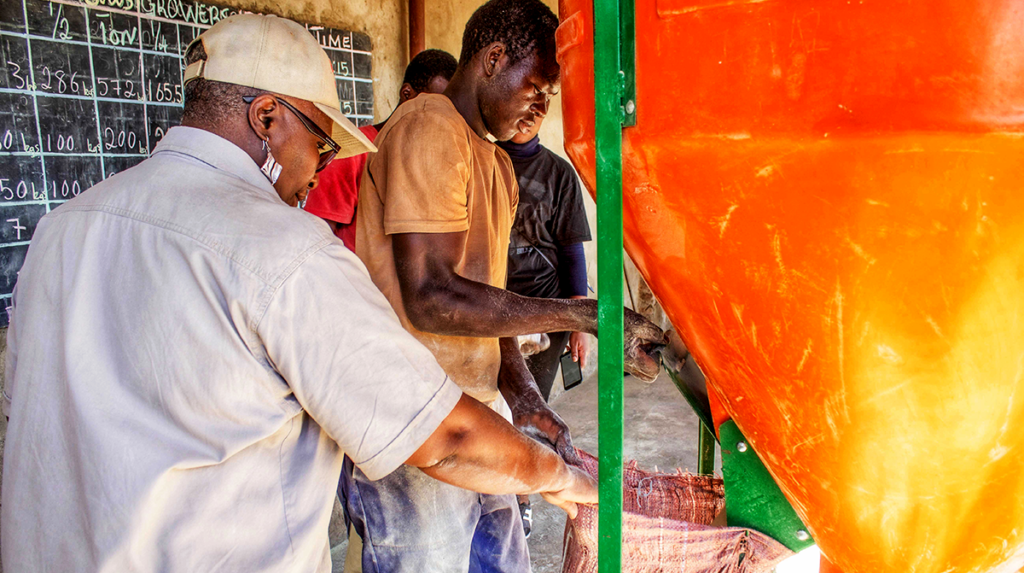
“This came as a boost for my business although about 11 of them died on the way to my farm due to stress,” added Nyagano.
Despite facing ongoing challenges, Nyagano has an advantage over many women farmers in Zimbabwe: she owns her farm. A 2019 report by the Zimbabwe National Statistics Agency (ZIMSTAT) states that women make up approximately 44.9% of agricultural landowners in the country.
Nyagano operates in a lucrative piggery production market, however, like other farmers in Zimbabwe, she is faced with a myriad of challenges like unknowingly purchasing inferior breeds, unavailability of funding, high cost of feed and drugs, persistent droughts and so forth.
This year due to the lack of rainfall in the last rainy season, Zimbabwe has had an electricity shortage which led to the lack of heating sources to warm Nyagano’s piglets. Heating prevents them from dying from the cold or getting crushed as they try to seek warmth from the sow.
But Nyagano believes that when farmers are hands-on with their projects, they can alleviate most of these challenges.
“I believe that piggery production is not difficult but requires the correct knowledge, conditions, and passion. I can confirm this because at my farm I do not have electricity, but I managed to build pig pens that are well covered so that the pigs won’t experience cold or too much heat. I have learnt to do mixed farming to cut down on having to buy everything for my stock feeds,” added Nyagano.
Nyagano has been producing more than half of her stocks at the farm using irrigation to produce organic feed.
The smell of hay and piglets sucking at the breast of their mothers is a life that Nyagano would not trade for anything. She has also found happy pigs yield better results.
Nyagano ventured into piggery production training with the Pig Industry Board (PIB) and became a member of the Women in Agriculture Union (WAU), a membership-based union for women in farming where they support and network with each other and experts in the industry. She also underwent a mentorship program with the support of the European Union.
“Being part of this initiative supported by the EU has opened doors for me, especially towards finding the market,” she said.
A step-change in her business came when Nyagano sold off all her locally- bred pits to breeds to raise money to build more blocks of pigpens. She then built-up new bloodlines, using imported breeds.
“I got a loan from the bank and exported breeds from South Africa and Zambia. I got four breeds which are Dalland Boers, Large white, Landrace, and Duroc. From this, I now have a sow unit of 97 and they are all pure breeds from South Africa. However, because I have a large sow herd I realised that my boars are not enough to service my soar herd. I did training and got certified as a woman artificial inseminator by the Pig Industry Board (PIB),” she said.
Nyagano now conducts artificial insemination for her breeds.
“One Boer can service up to 15 females and I have 97 sows against three Dallands, two Large white, one Duroc, and one Landrace which means they are not enough to service all my pigs,” Nyagano said.
“So using artificial insemination allows me to have enough semen to service sow because, with 97 Sow units producing an average of 10 piglets per farrowing, the production would be high which is good for the business. Per year I can produce around 2300 farrows.”
In Zimbabwe, one live weaner (a young pig that has been weaned from its mother) costs around US$470 as opposed to the price of the meat of a slaughtered pig, which ranges from US$120-US$150. Nyagano has been selling more than 20 sows per month and offers either cross or pure breeds for other farmers.
WAU Director Olga Nhari describes Nyagano as an effective, self-driven, goal-getter.
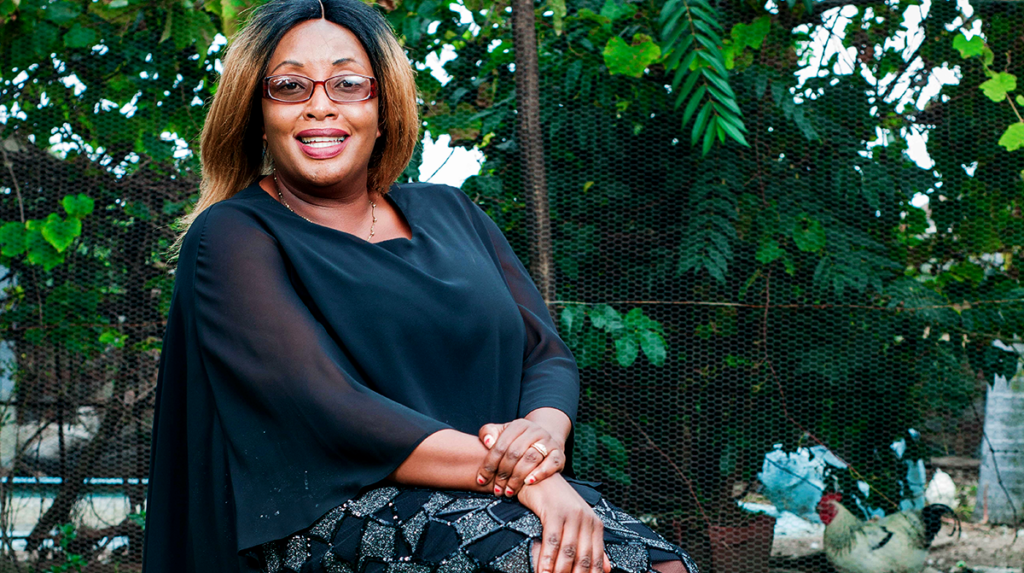
“One thing that I love about her is that she is self-driven. I can relate that when WAU announced the Presidential Pass On initiative to women in agriculture, Nyagano was one of the very first respondents. She just came into my inbox. She did not even ask questions. She provided everything that we had requested there. I responded in an inbox and told her, ‘Okay, we have to meet, and you need to bring your truck as a mode of transportation that you can use to ferry the piglets,’” Nhari said.
“As WAU we had gotten an allocation of 540 piglets from the President, but women farmers did not turn up because most of them were sceptical. We ended up giving the farmers that had attended even more than what we had promised each other and Nyagano got 40 piglets from WAU which was more than what she could accommodate in her pigpen at the time. But that did not stop her from taking the risk,” added Nhari.
Nyagano’s piggery queen title is still growing as she has ventured into value addition with the making of pork sausages and also conducts training to empower other farmers.
Billy Kabasa, a worker on Nyagano’s farm, said being part of Nyagano’s venture has taught him a lot.
“Nyaga City Piggery has managed to establish a model that is specifically for Africa and everything that we do at the farm is customised to give African solutions.
“Gogo Nyagano” as we call her, because she is a midwife for pigs, is like the first lady of pig farming in Zimbabwe, and I dare say in Africa and she has inspired a lot of people,” Kabasa said.
Nyagano has received an export licence through the Ministry of Women Affairs, Community Small and Medium Enterprise Development (WACSMED) for her piggery business, which means she can now grow into neighbouring countries, too.
WACSMED has provided Nyagano with further support, according to District Development Officer Leonard Jim.
“Piggery farming is a tough domain, especially with the drought situations experienced in Zimbabwe currently. As WACSMED we managed to provide funding to Nyagano through the Zimbabwe Community Development Fund which enabled the project to buy a feed mixer, thereby reducing the costs of feed,” Jim said.
Nyagano’s expertise is now stretching into academics – the Ministry of Lands recently approved 40 hectares of land for her expansion of the piggery project into a community college.

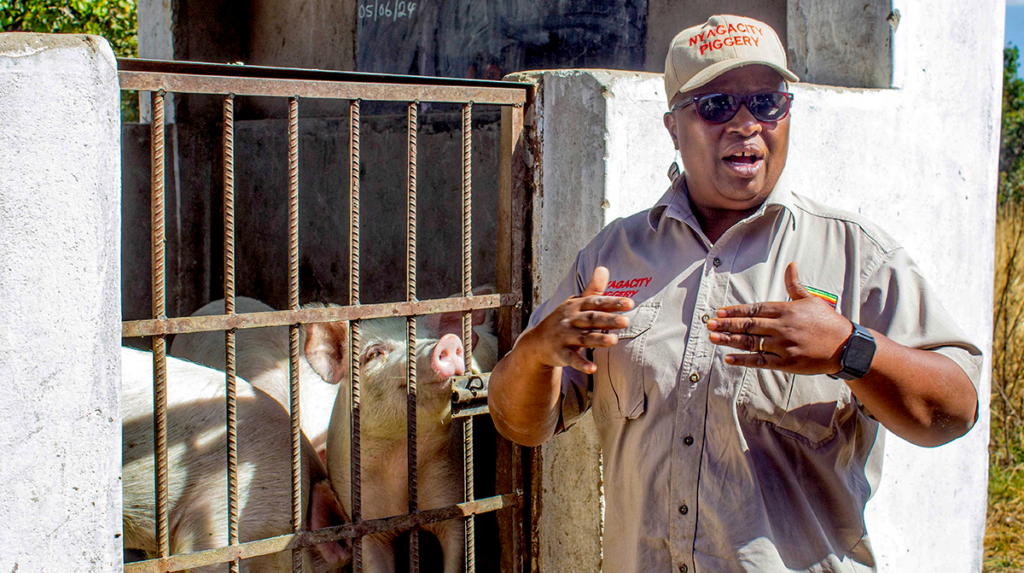

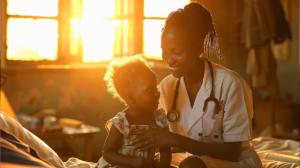
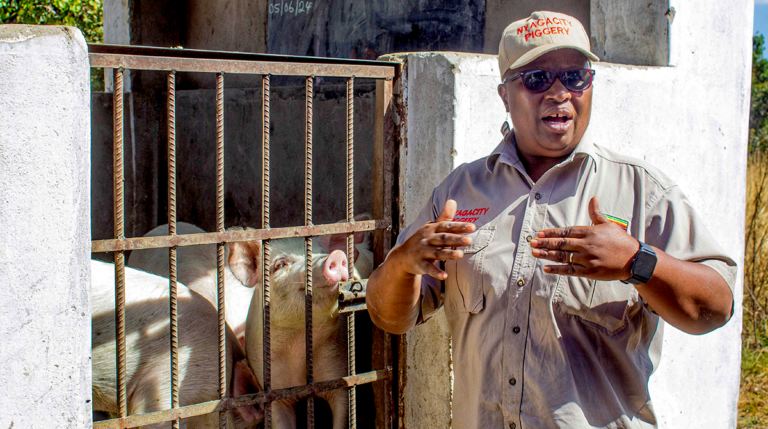
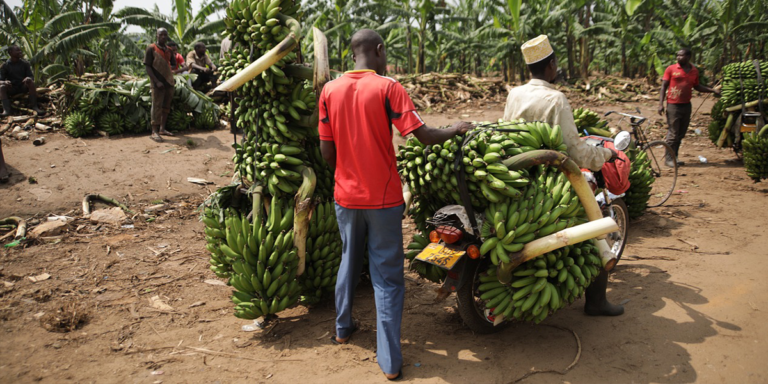
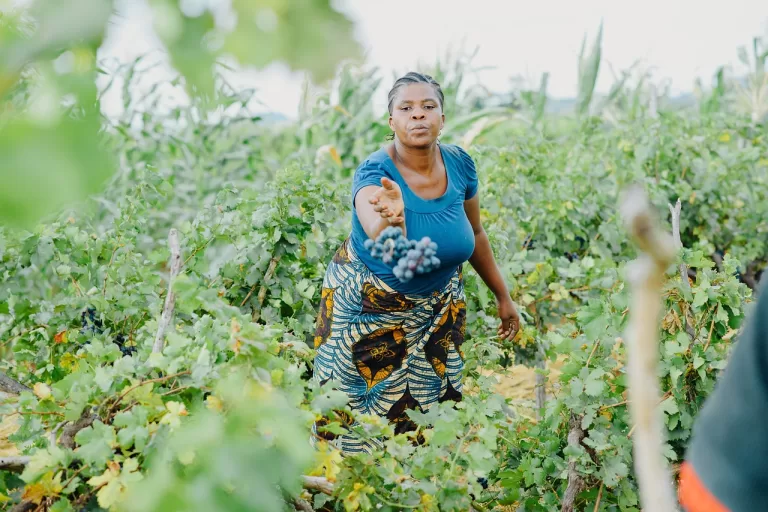
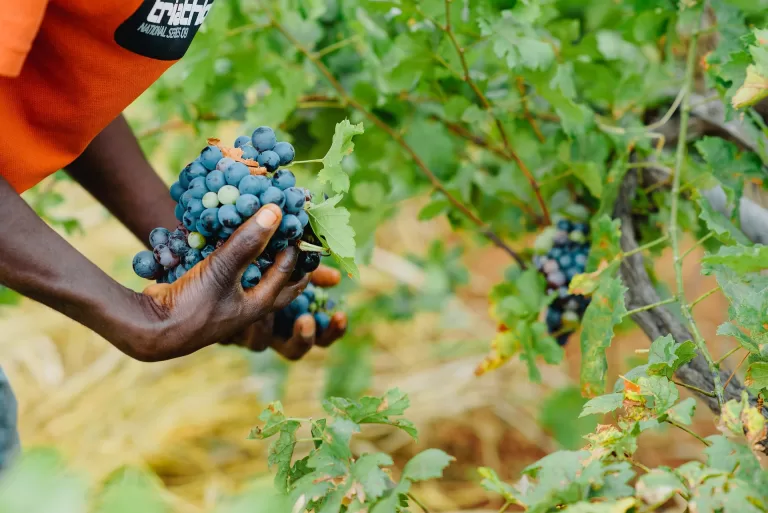


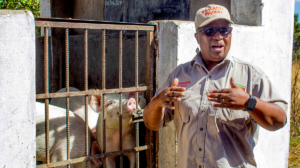
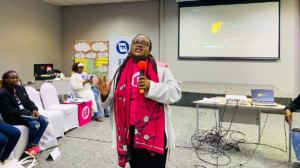




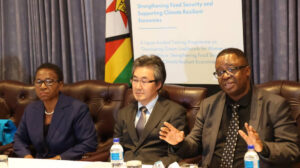

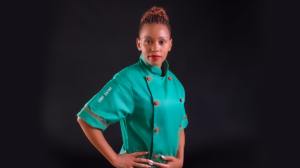



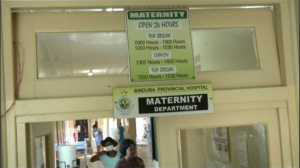
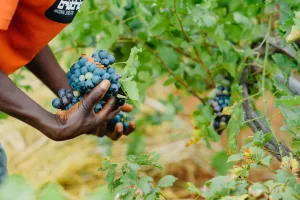

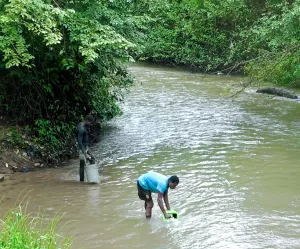
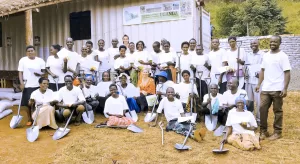
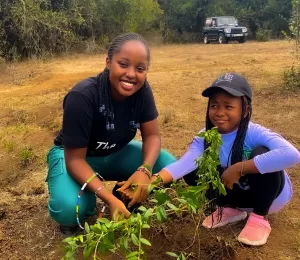



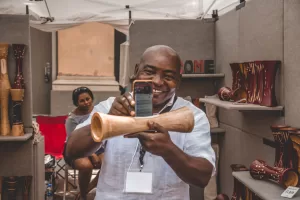
![Egypt, Algeria and Libya set to lead world's ‘green steel’ revolution [Graphics:Hope Mukami]](https://devage.co.zw/wp-content/uploads/2016/03/Egypt_Algeria_and_Libya_set_to_lead_world_s_green_steel_revolution_01-300x211.webp)

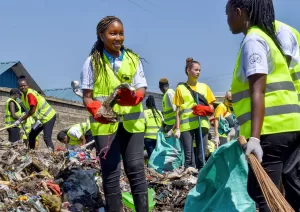




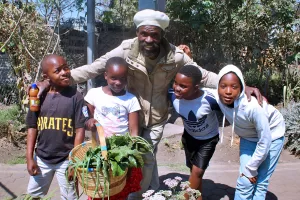
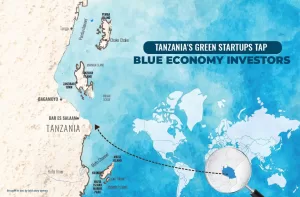

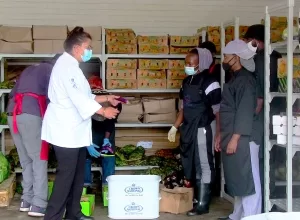

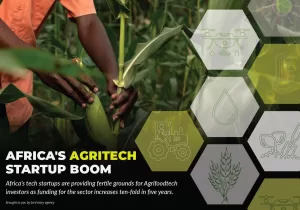






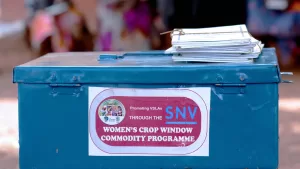

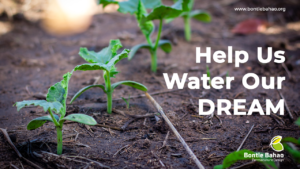



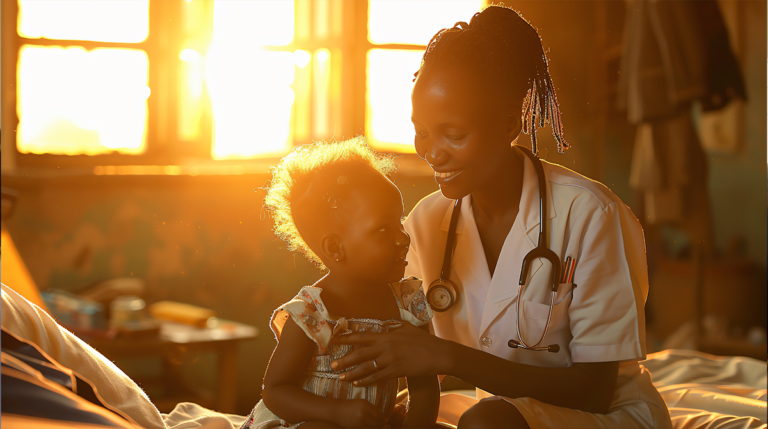
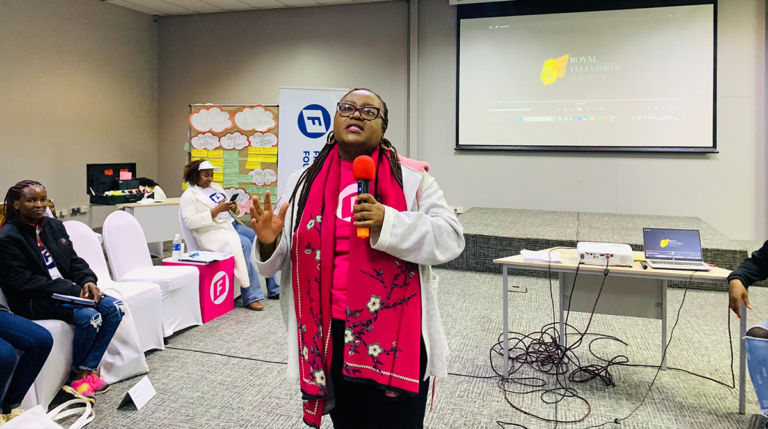
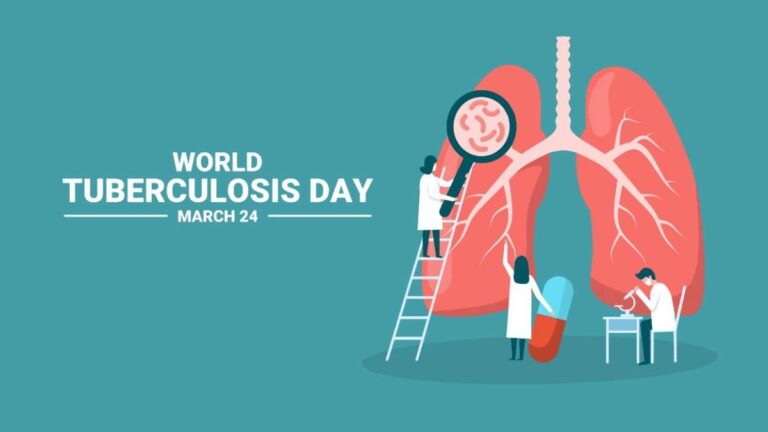

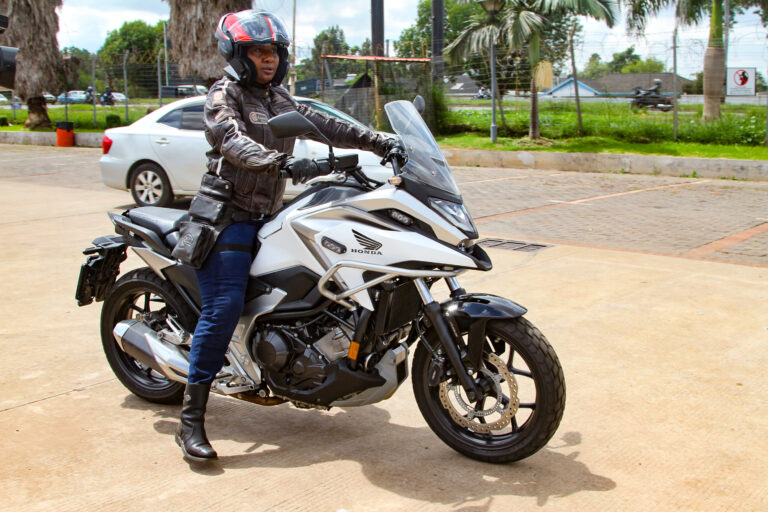

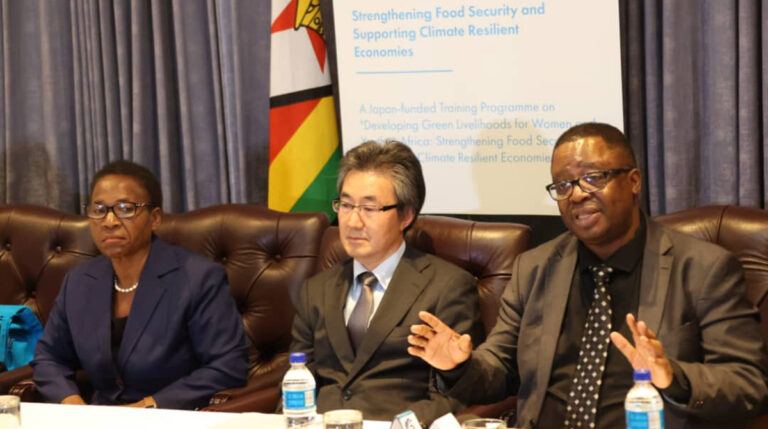

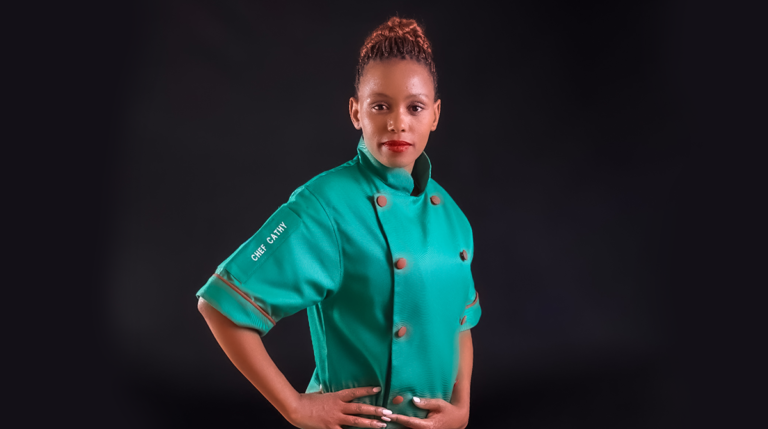

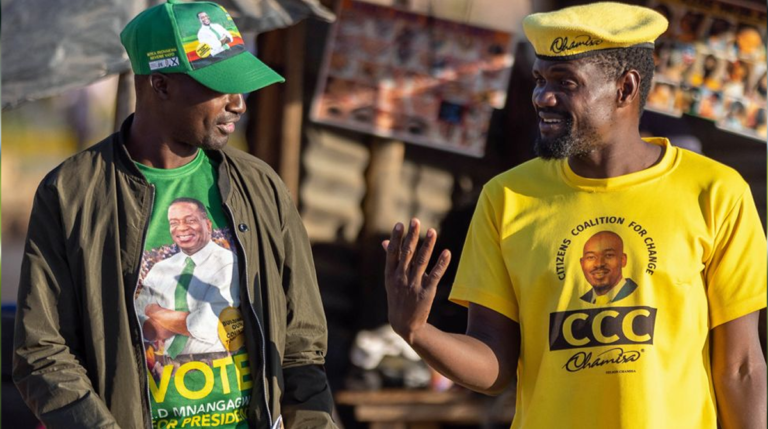

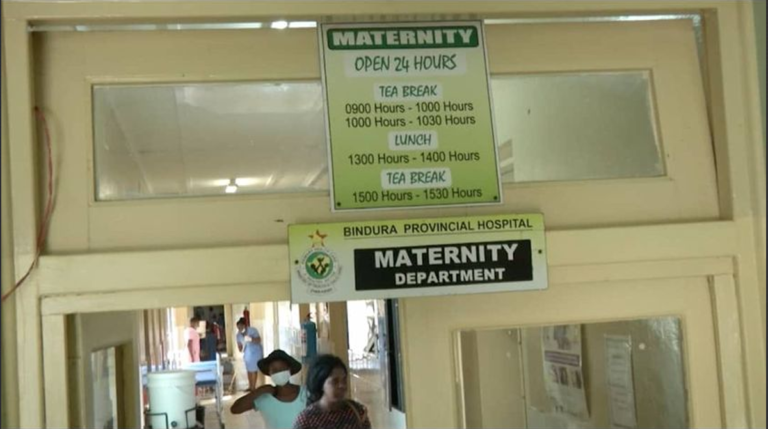

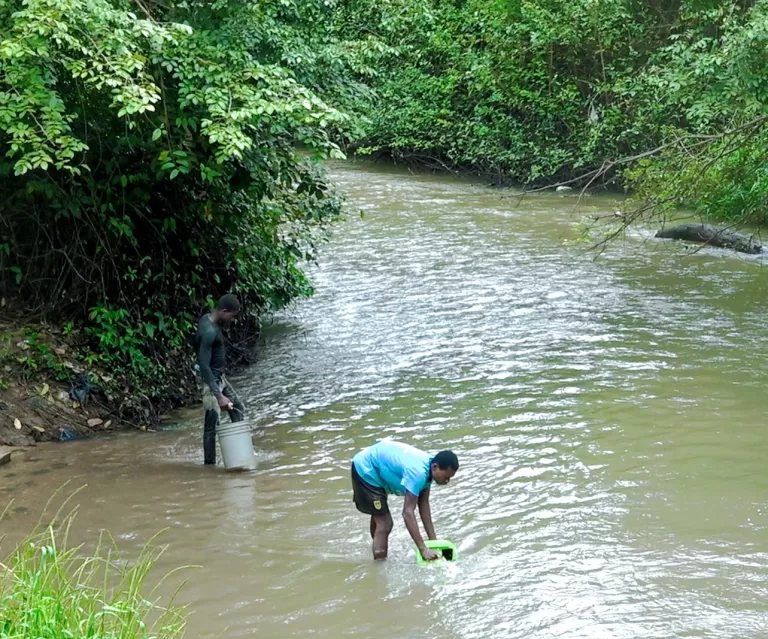
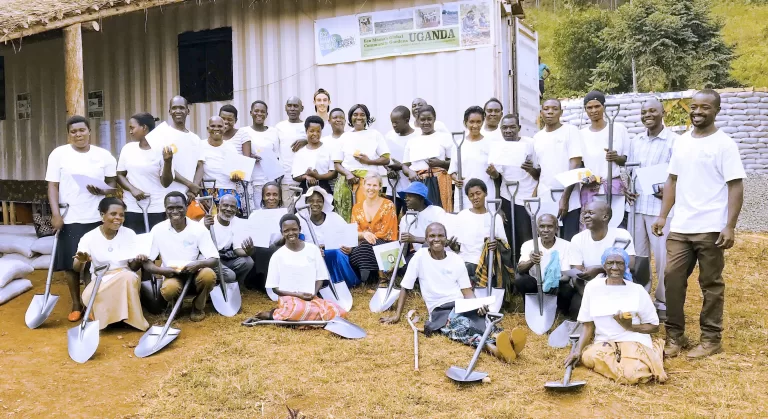
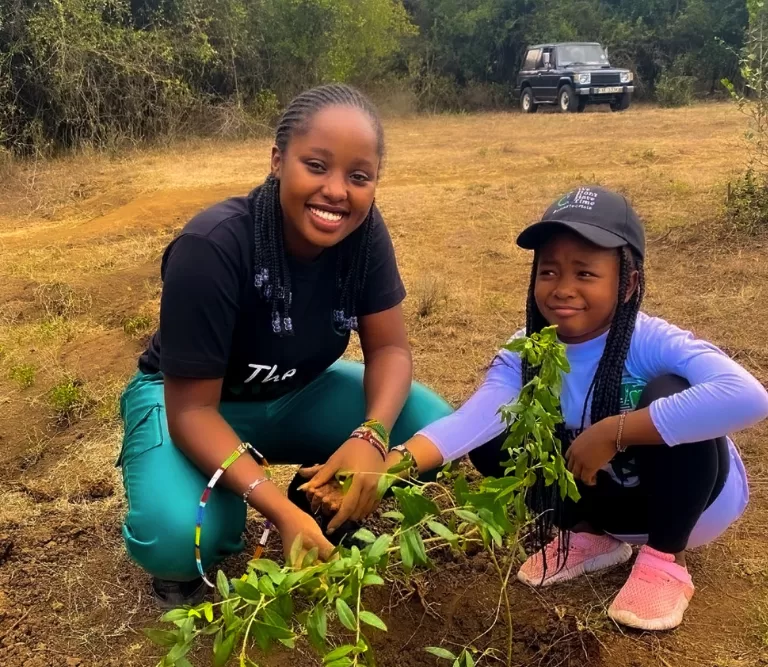
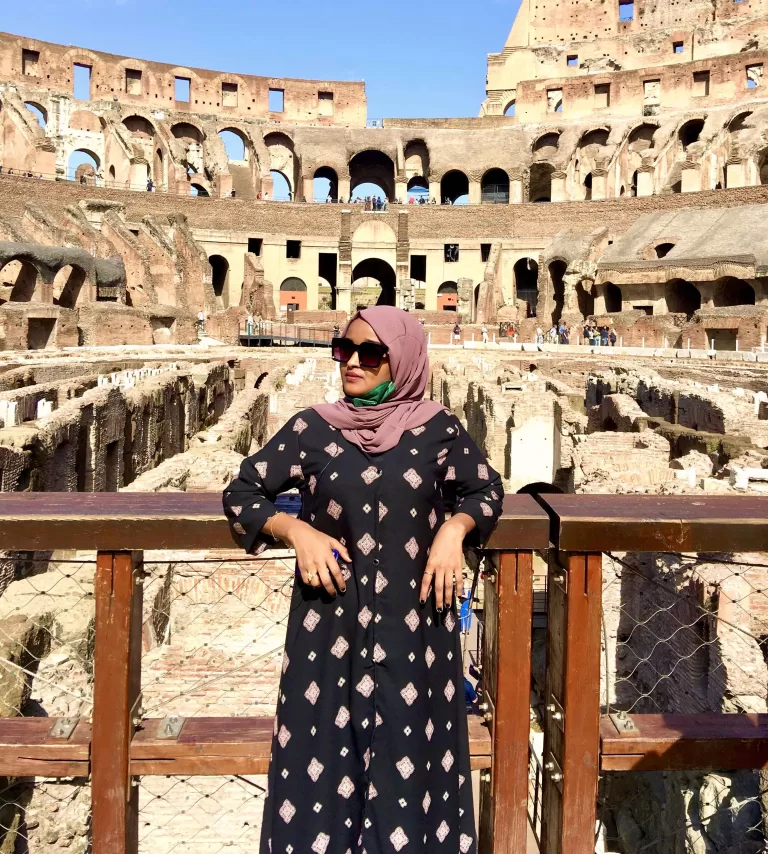


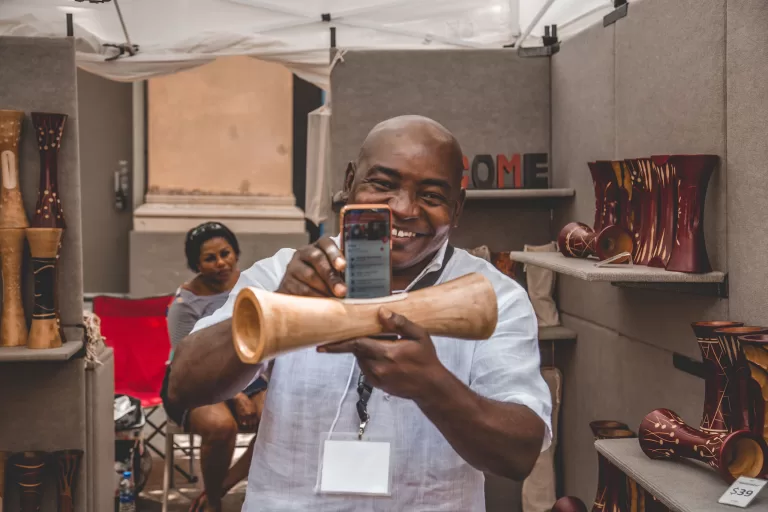
![Egypt, Algeria and Libya set to lead world's ‘green steel’ revolution [Graphics:Hope Mukami]](https://devage.co.zw/wp-content/uploads/2016/03/Egypt_Algeria_and_Libya_set_to_lead_world_s_green_steel_revolution_01-768x540.webp)

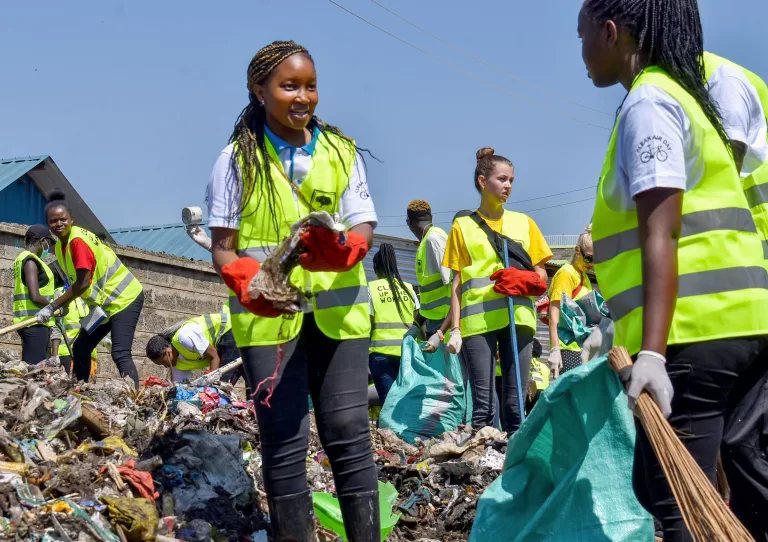
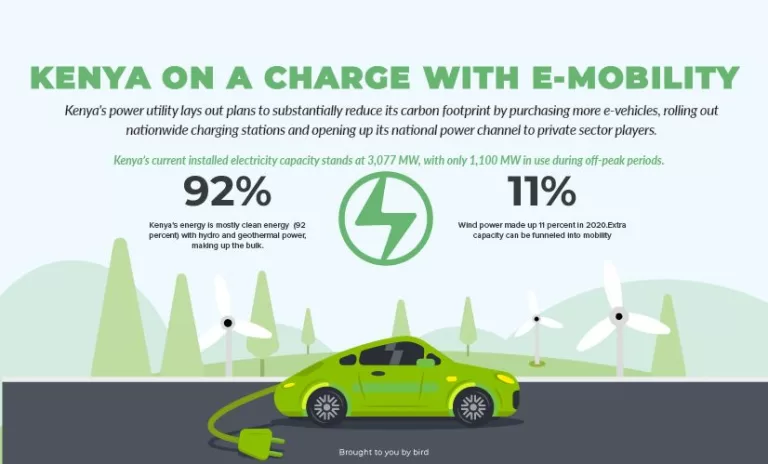


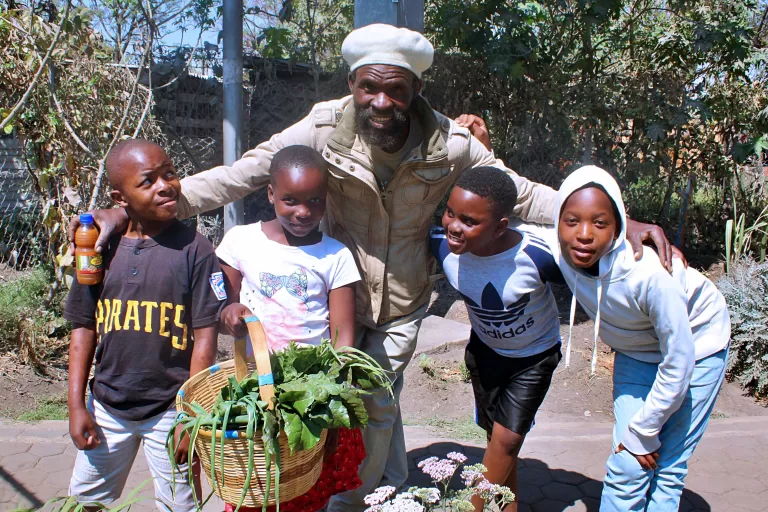
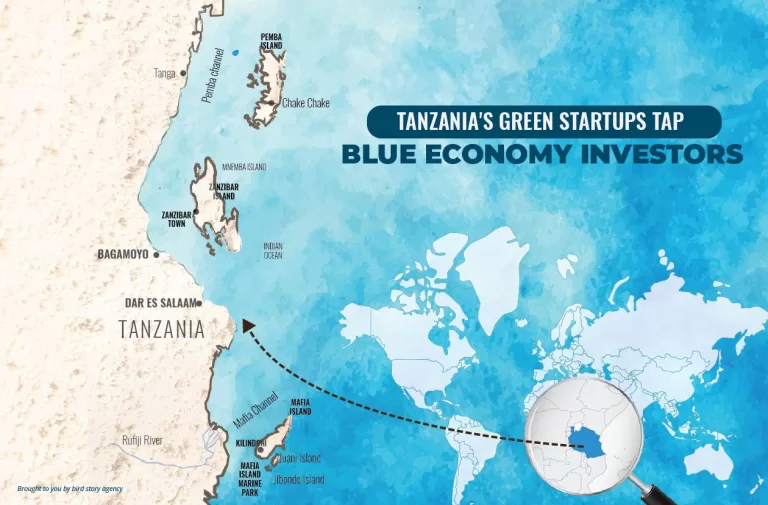

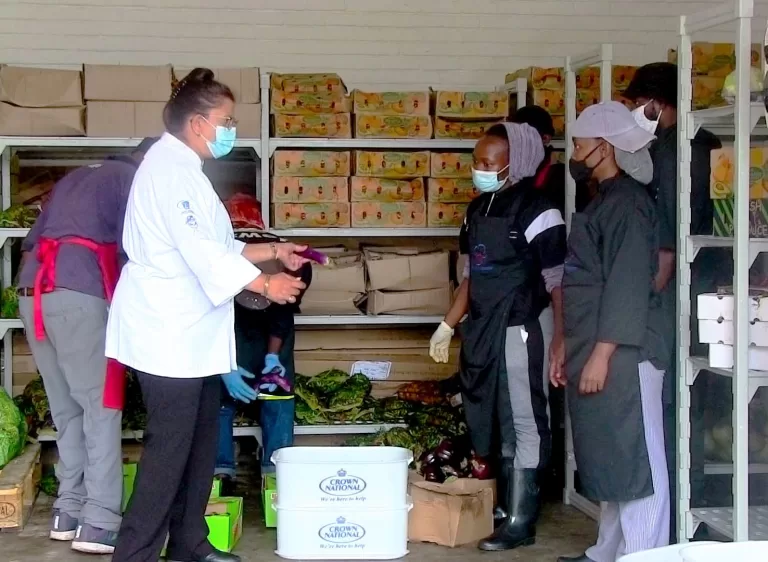

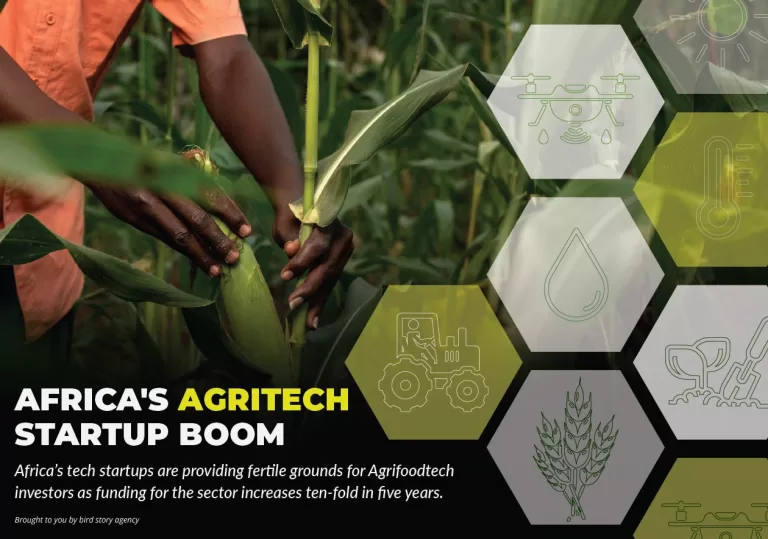






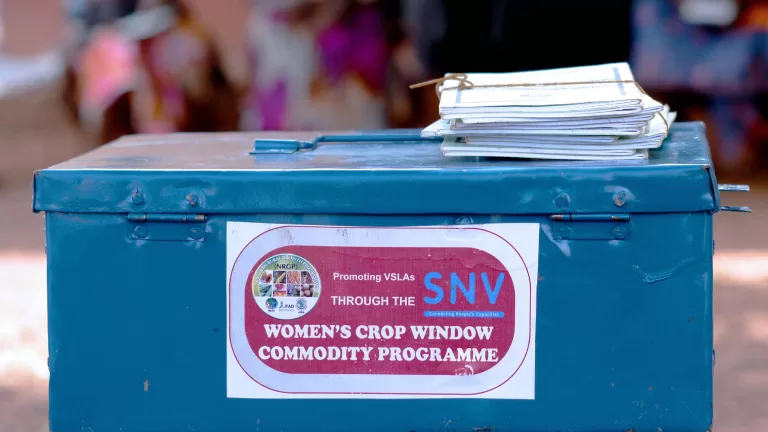
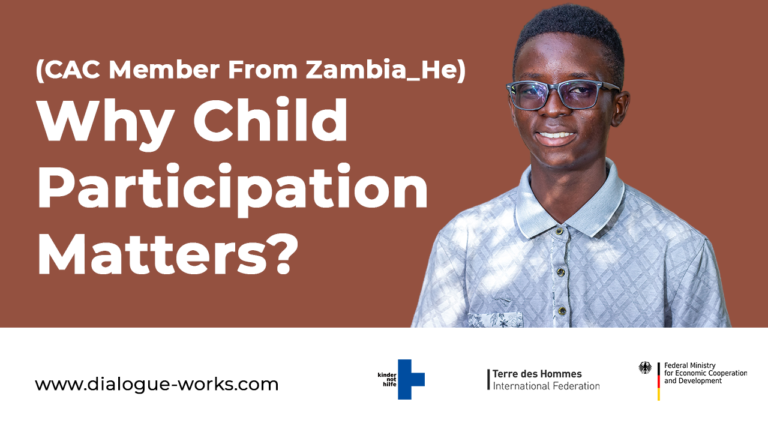
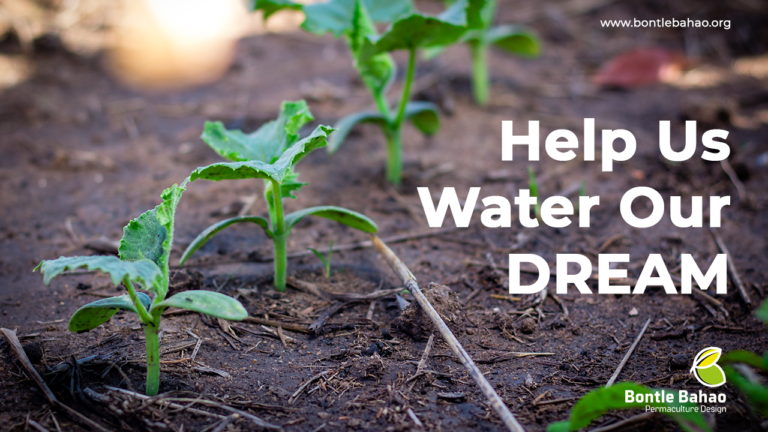


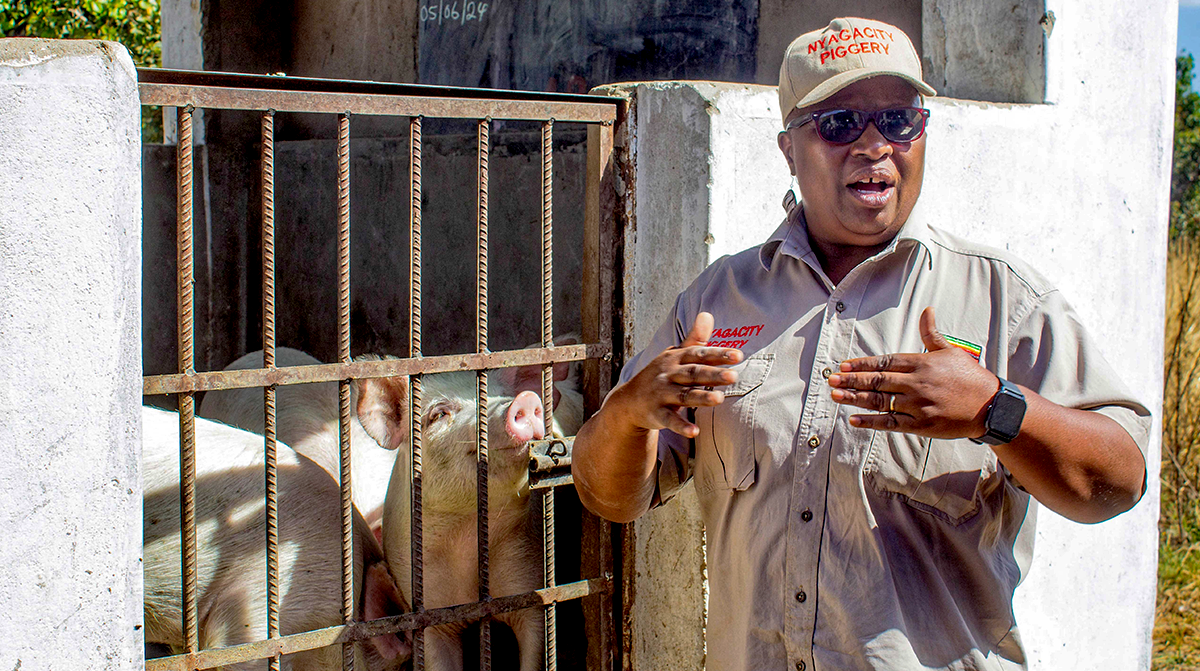
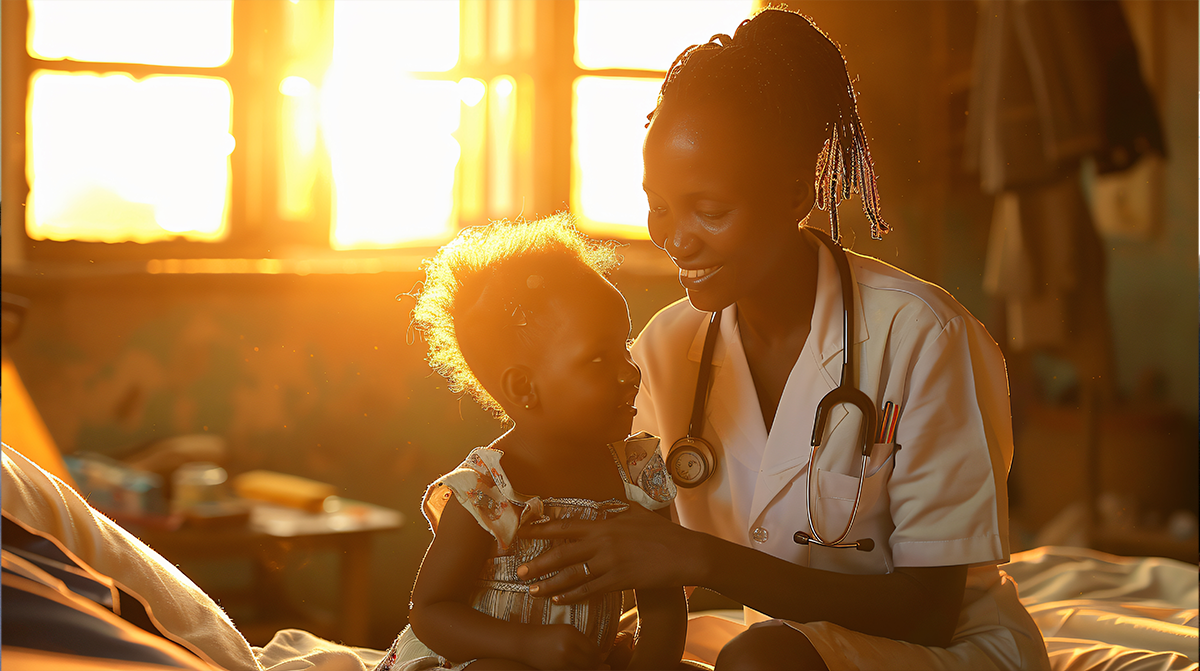
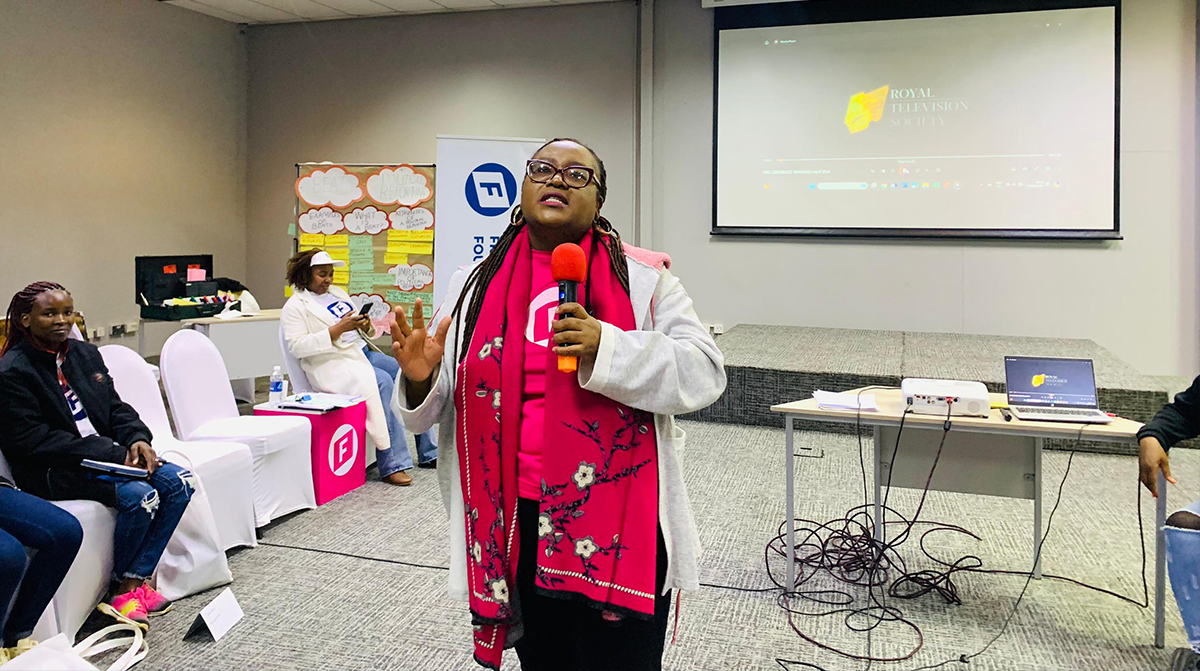
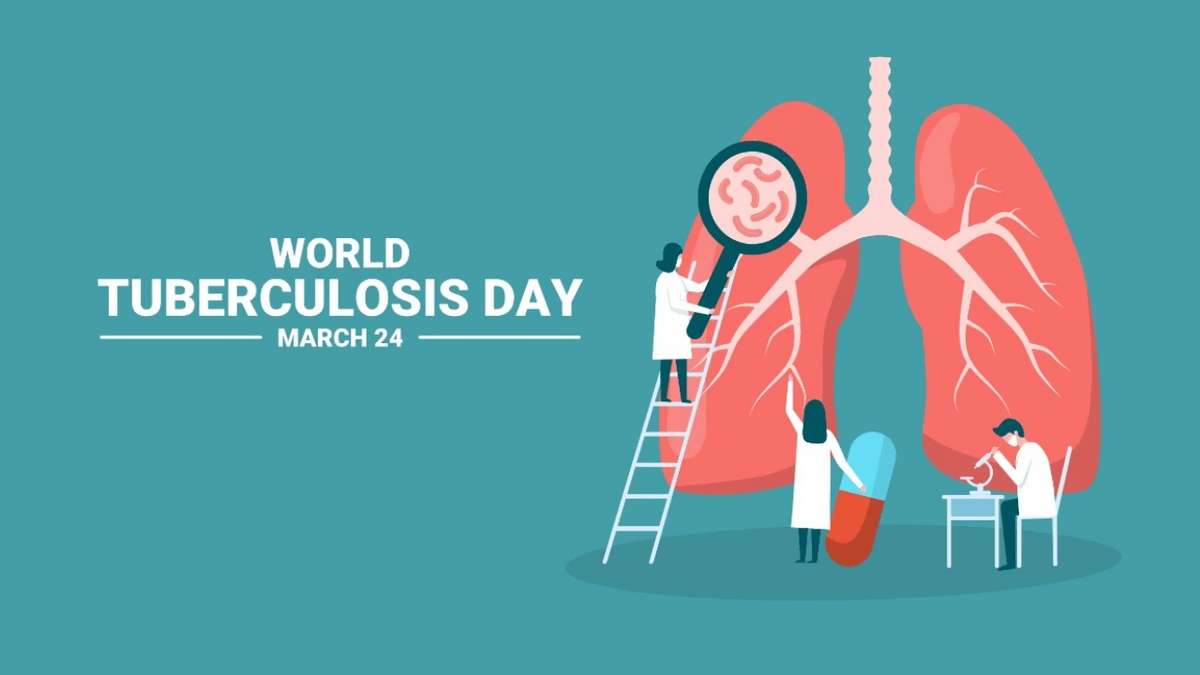
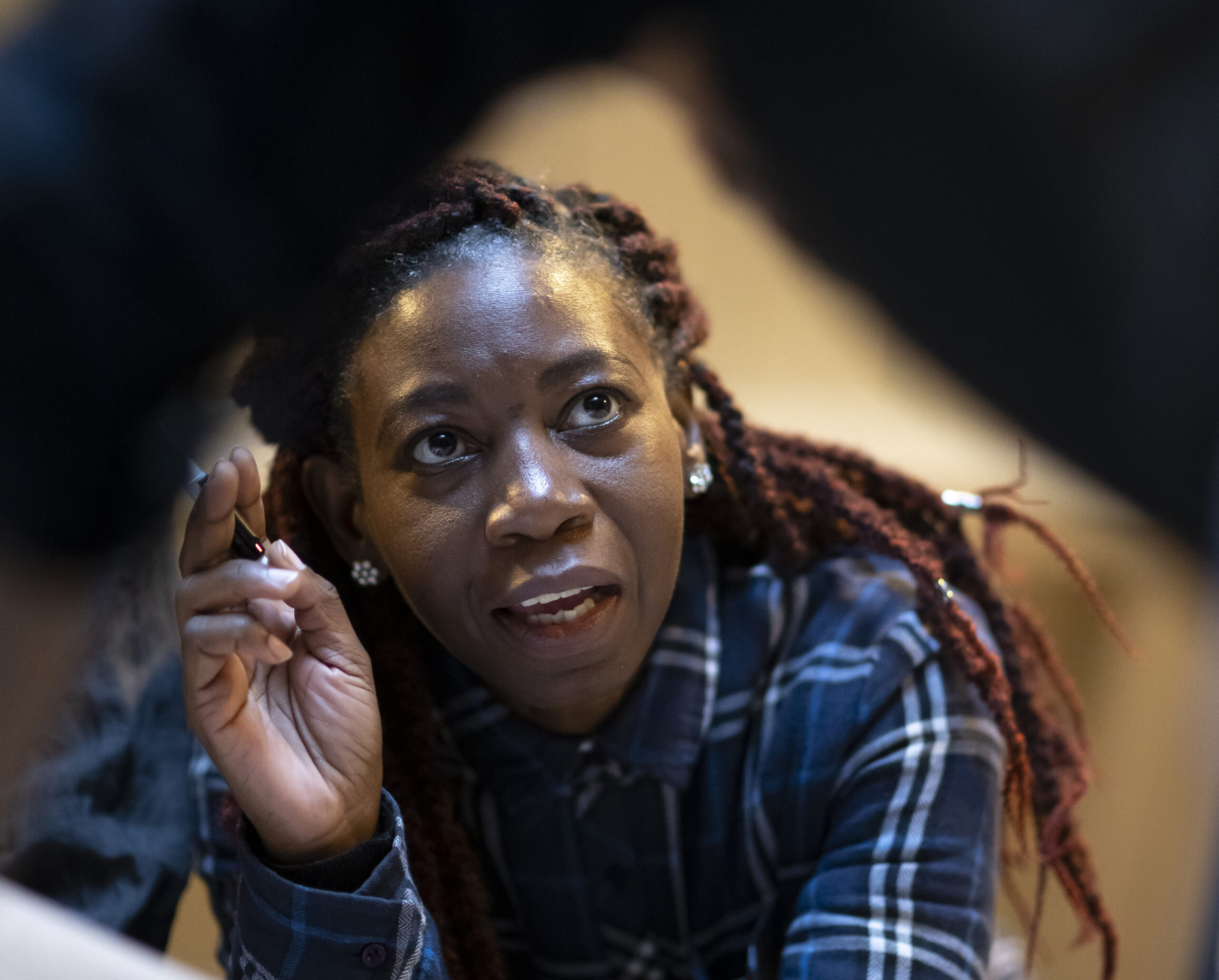
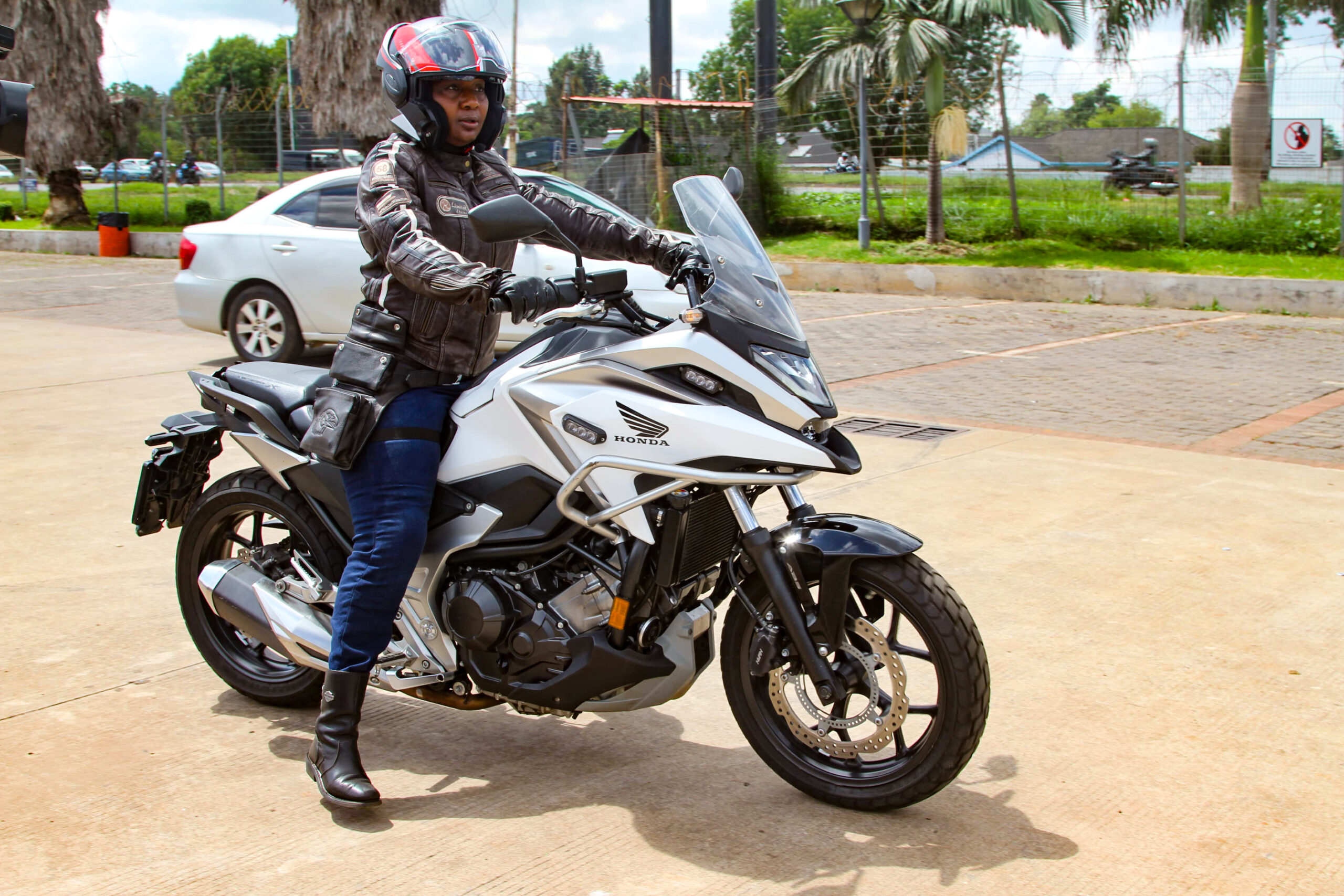

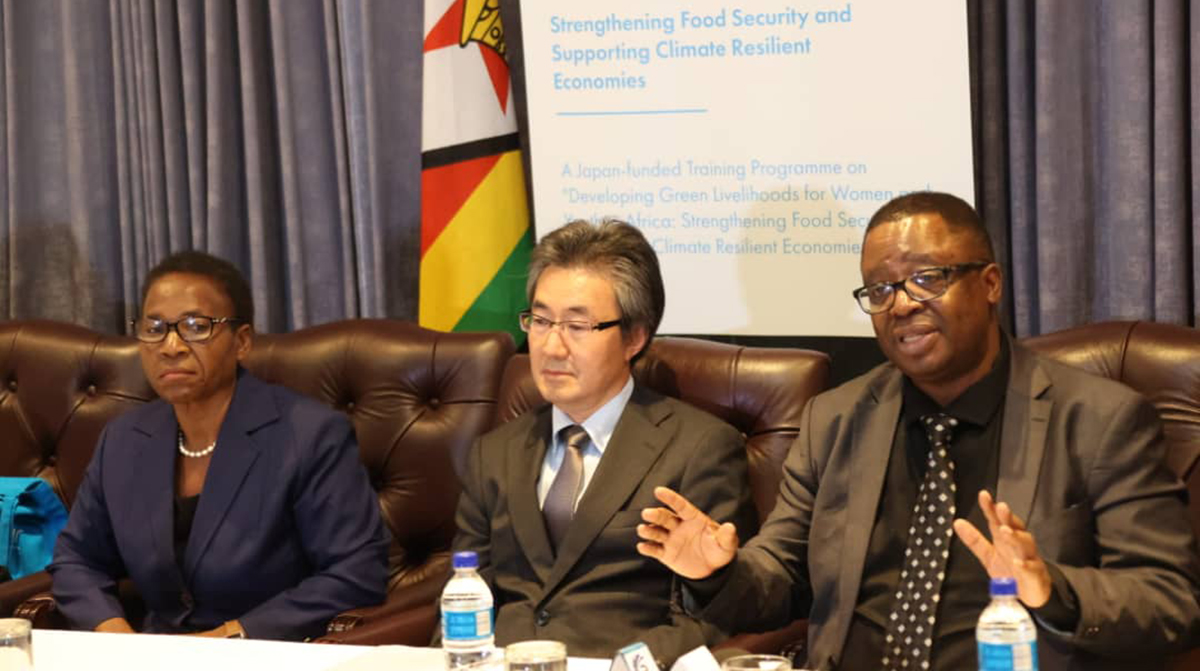

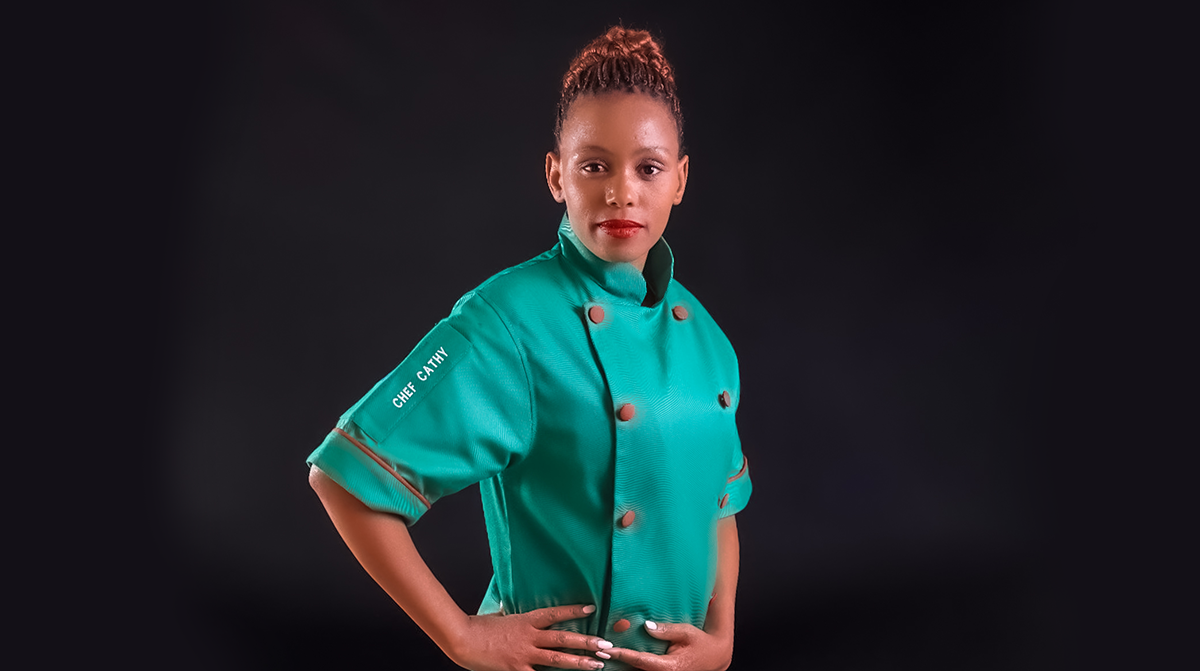

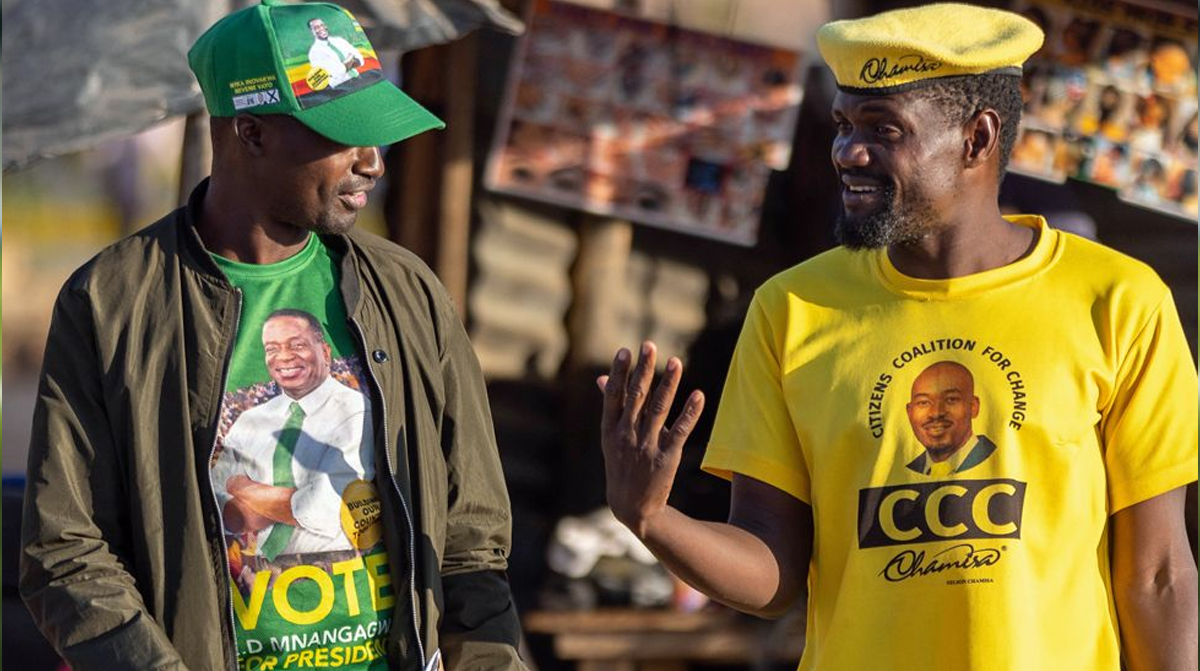


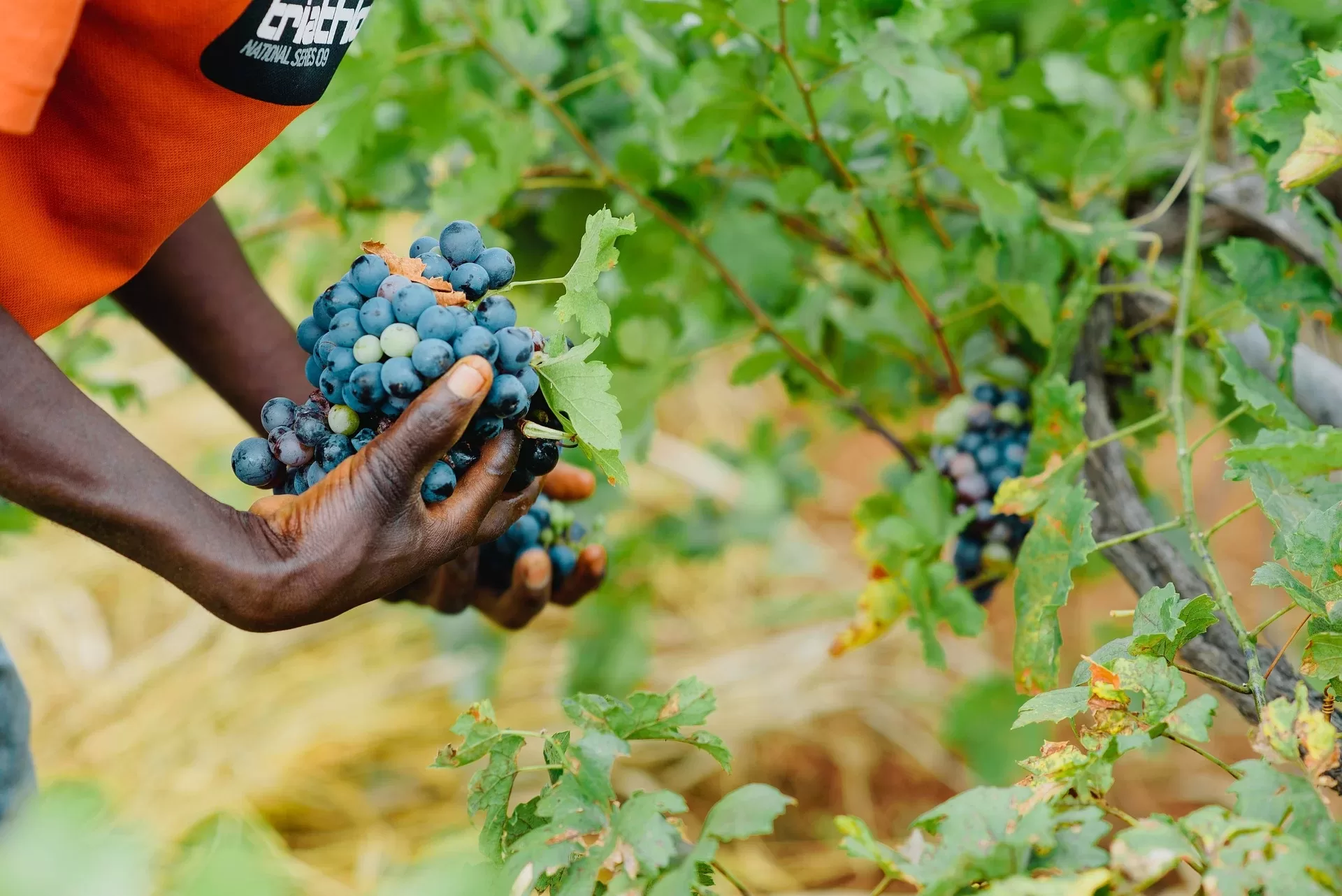

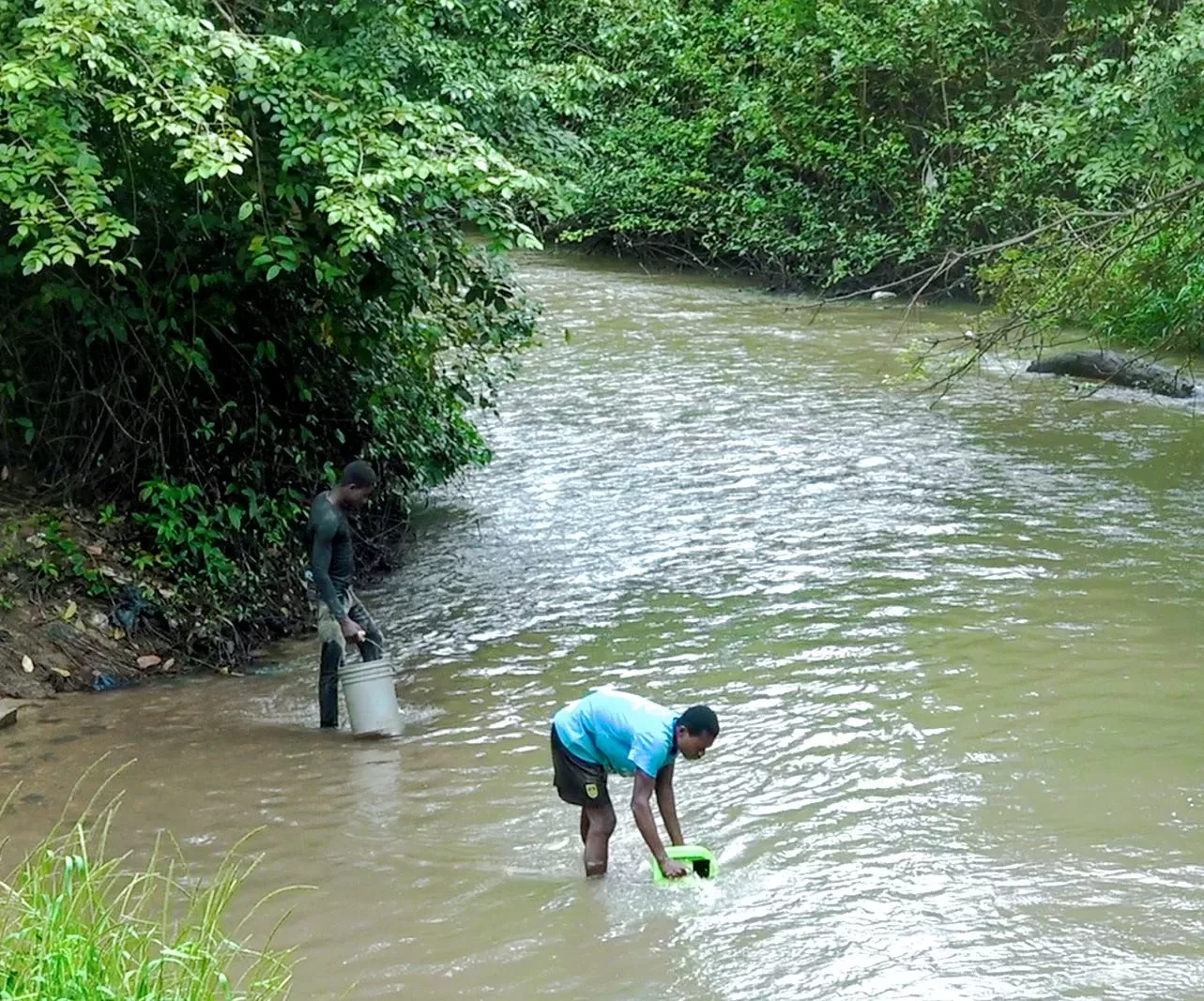
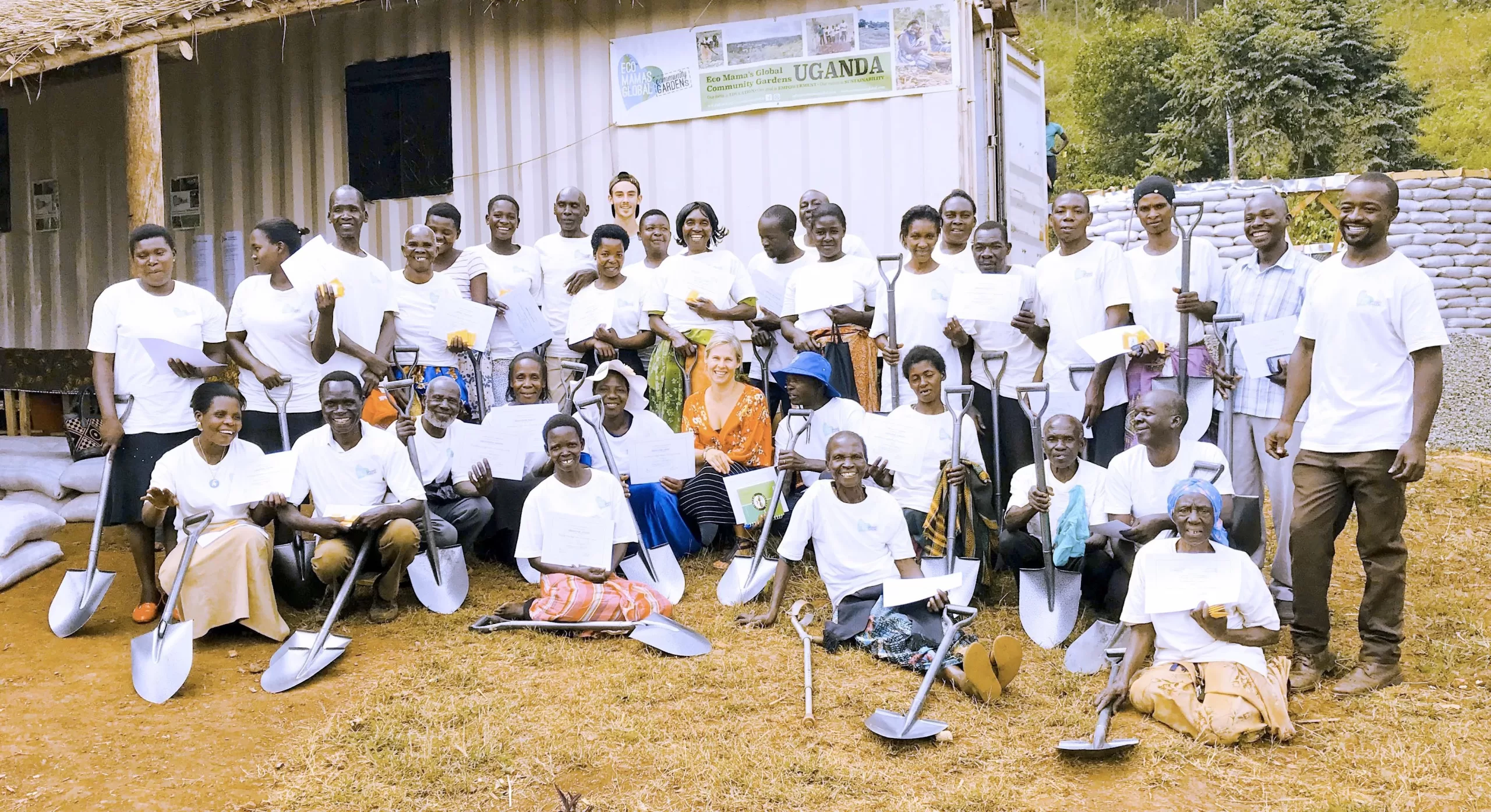
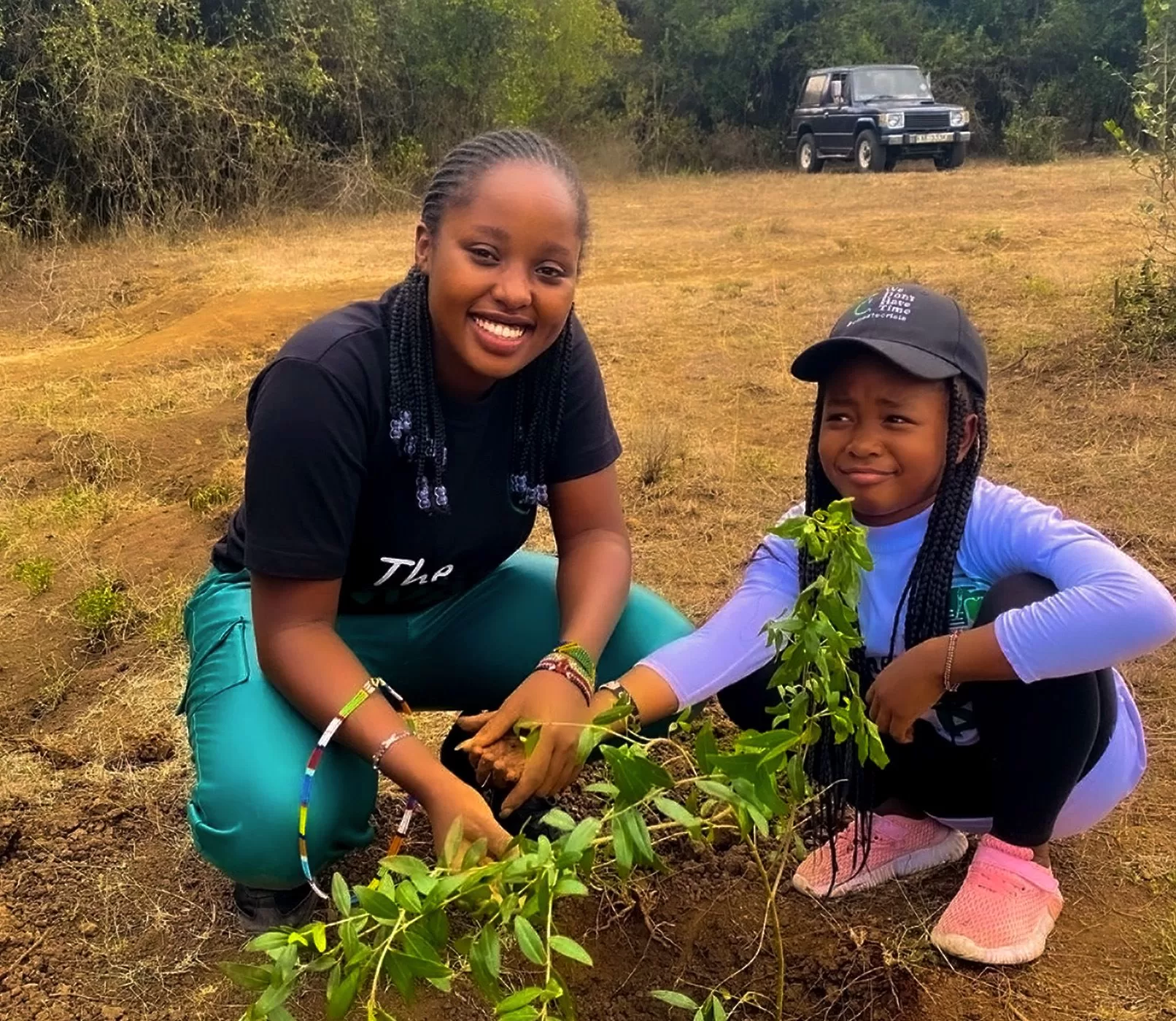
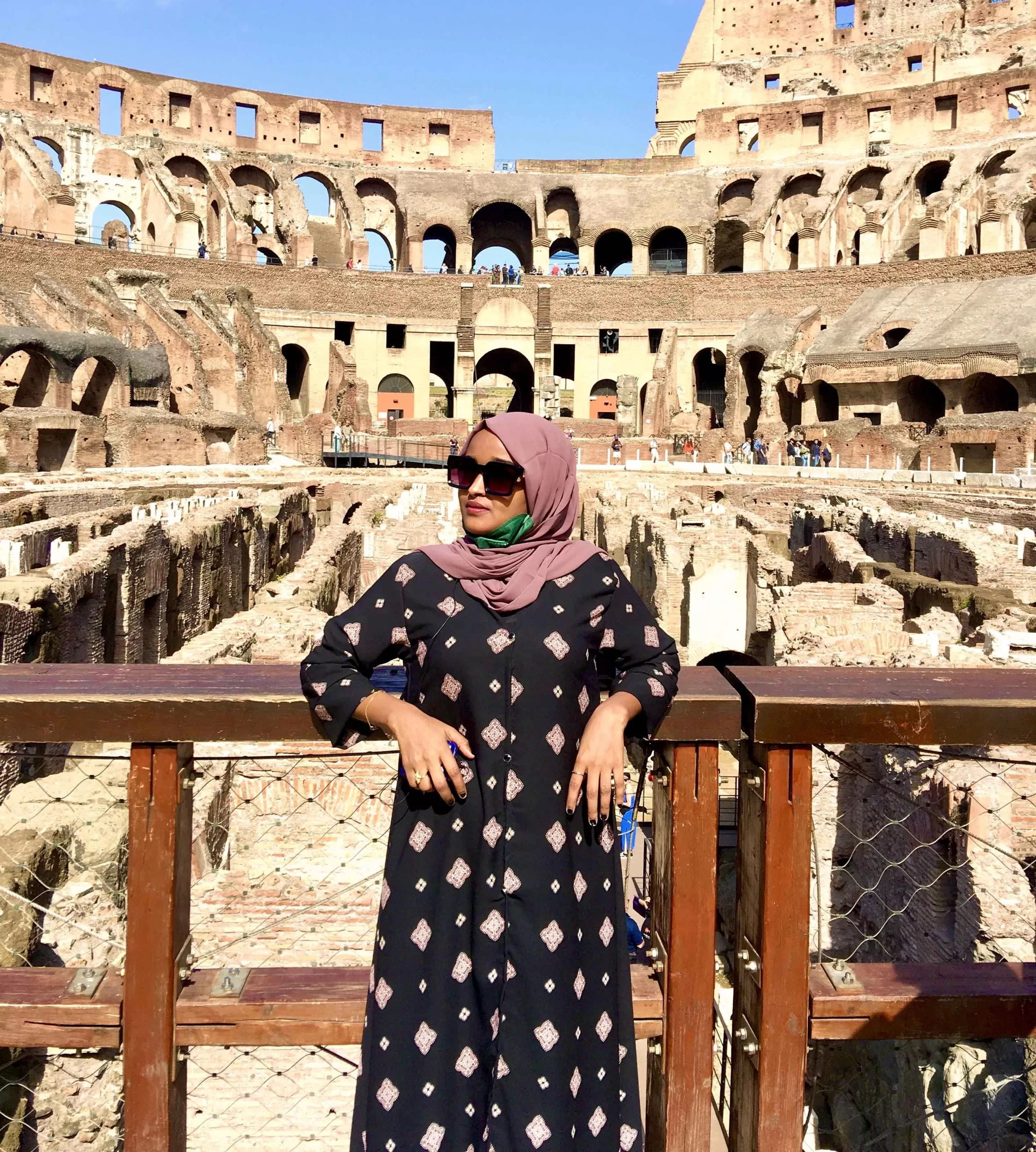
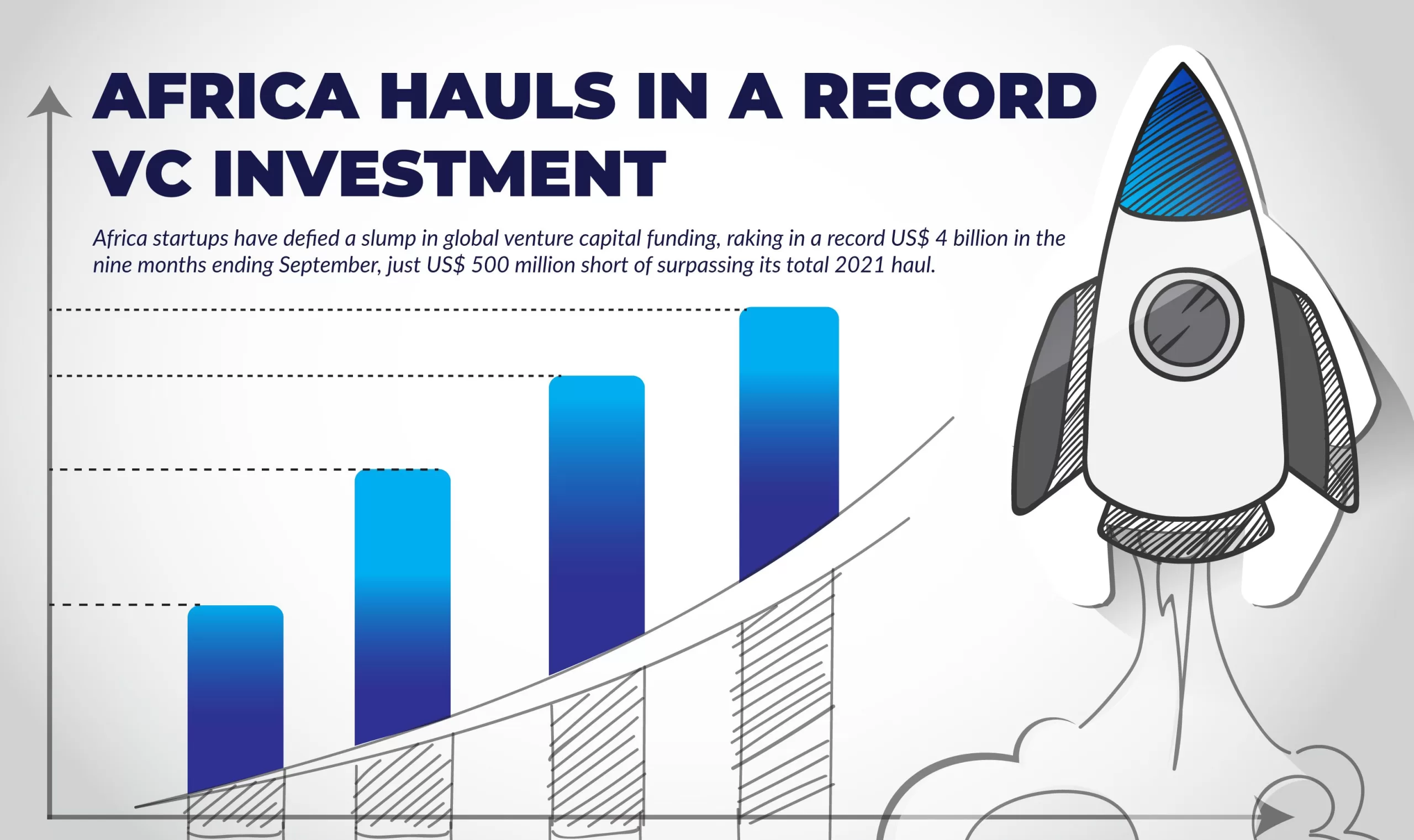

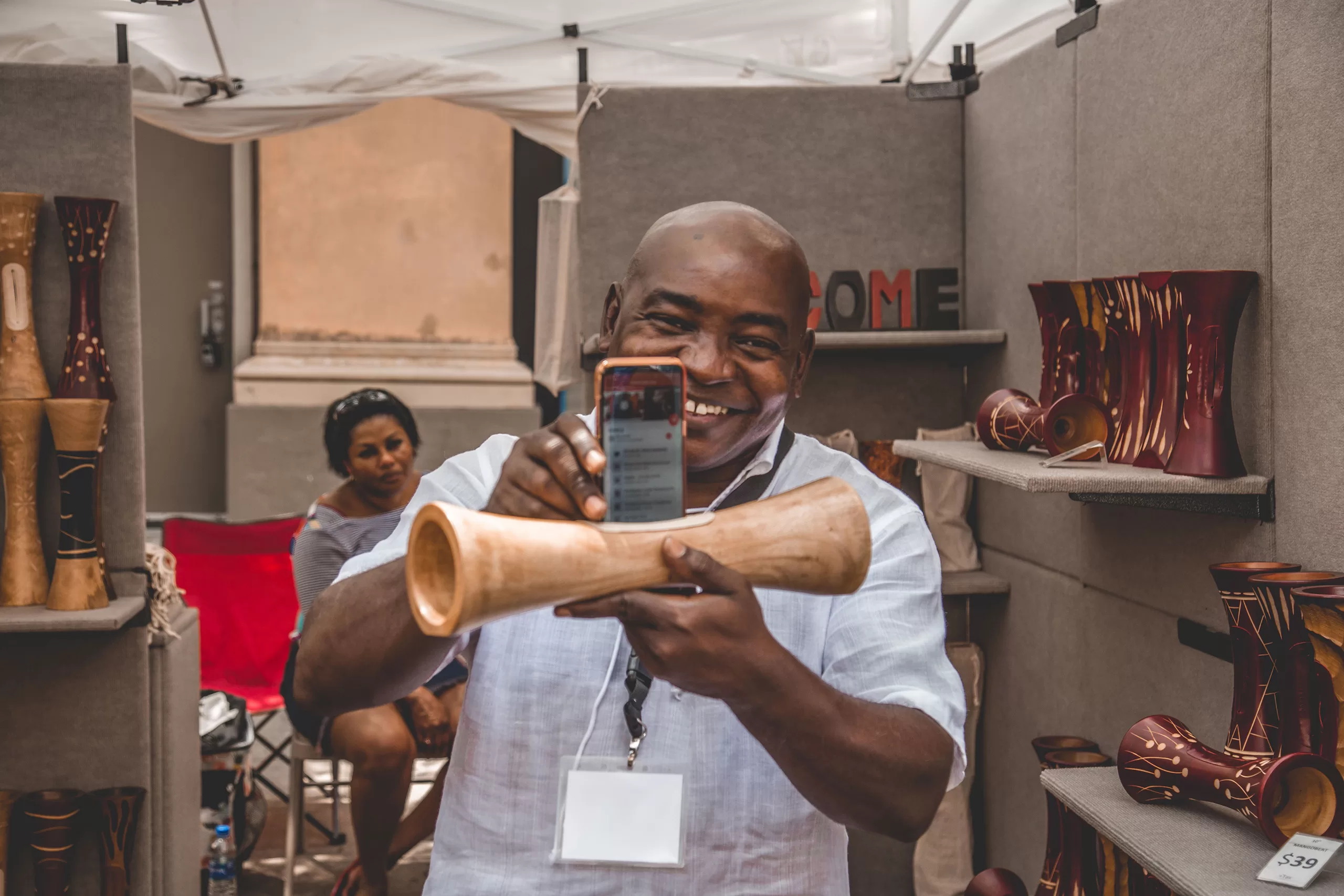
![Egypt, Algeria and Libya set to lead world's ‘green steel’ revolution [Graphics:Hope Mukami]](https://devage.co.zw/wp-content/uploads/2016/03/Egypt_Algeria_and_Libya_set_to_lead_world_s_green_steel_revolution_01-scaled.webp)

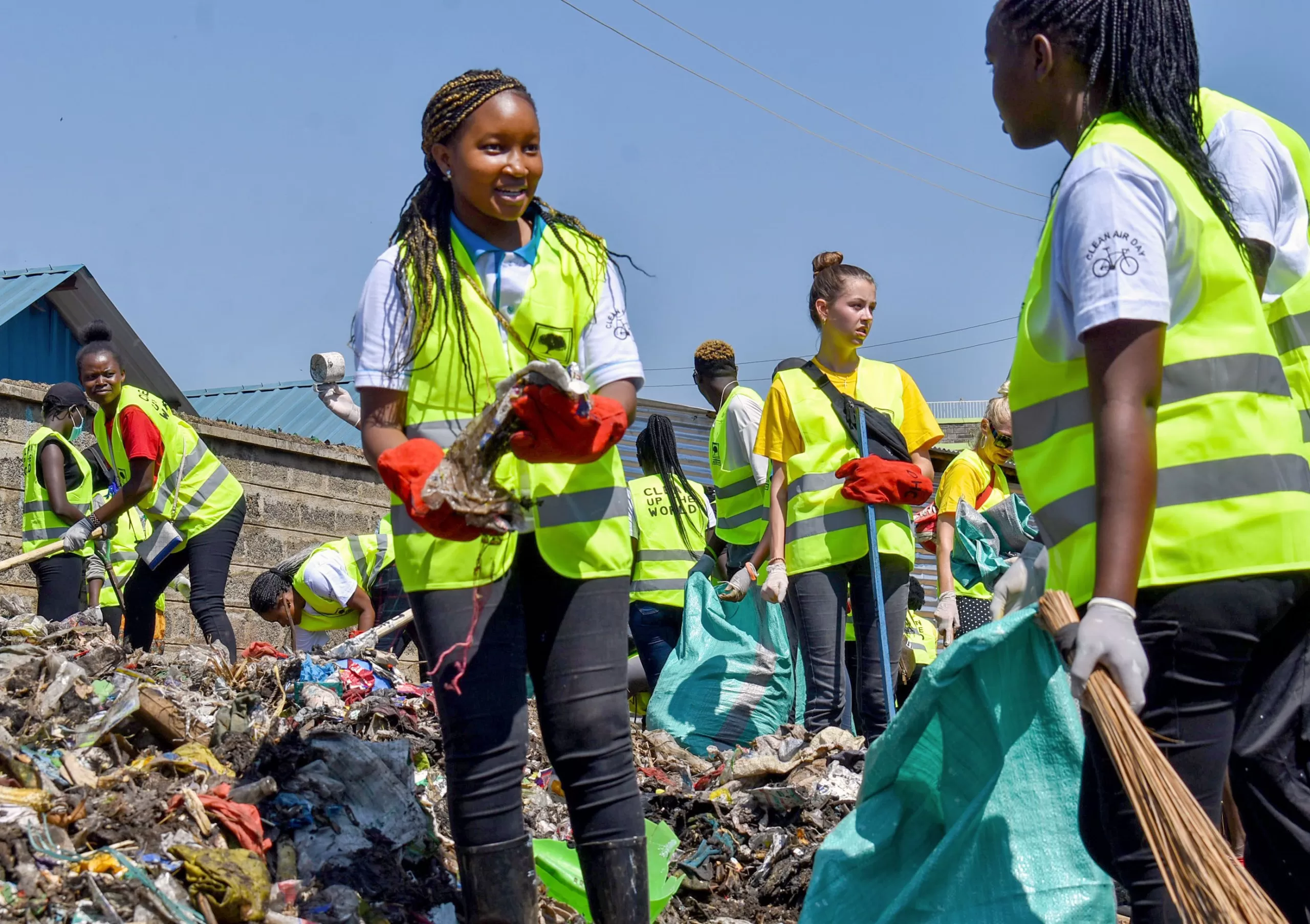
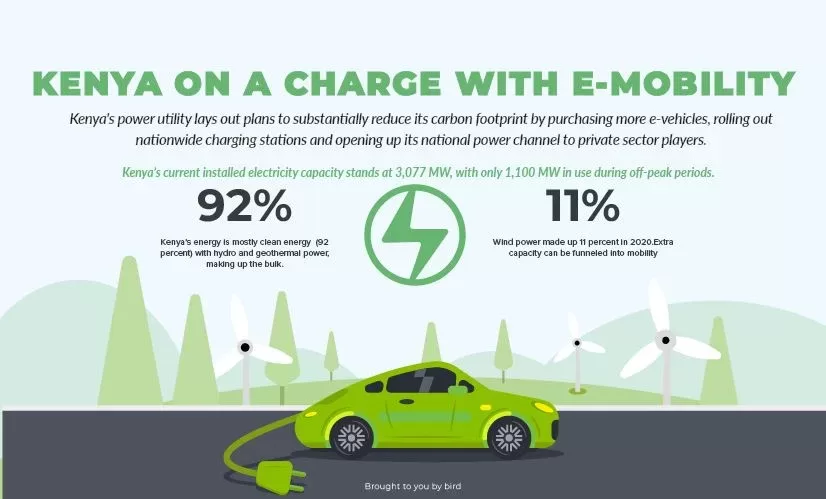

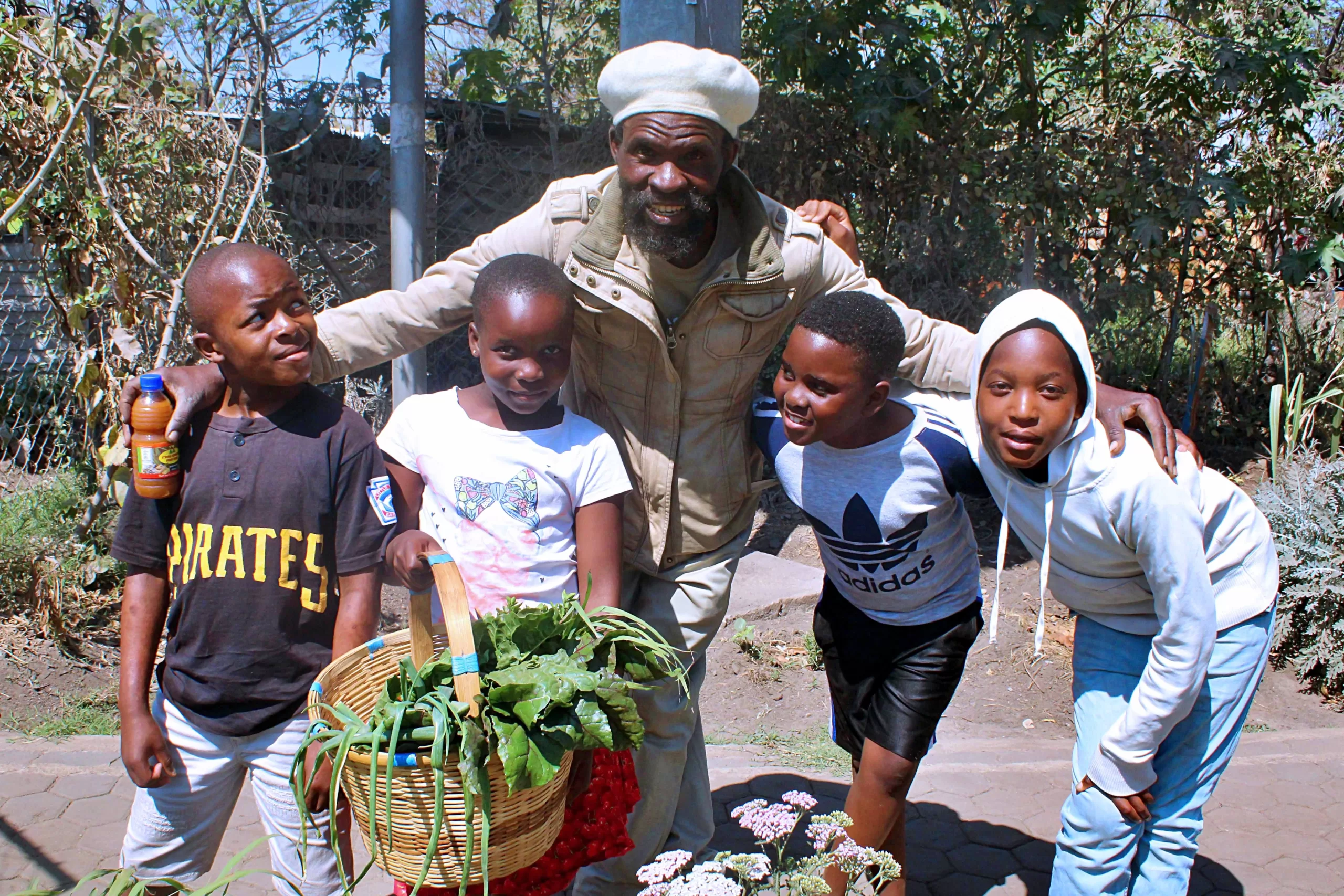
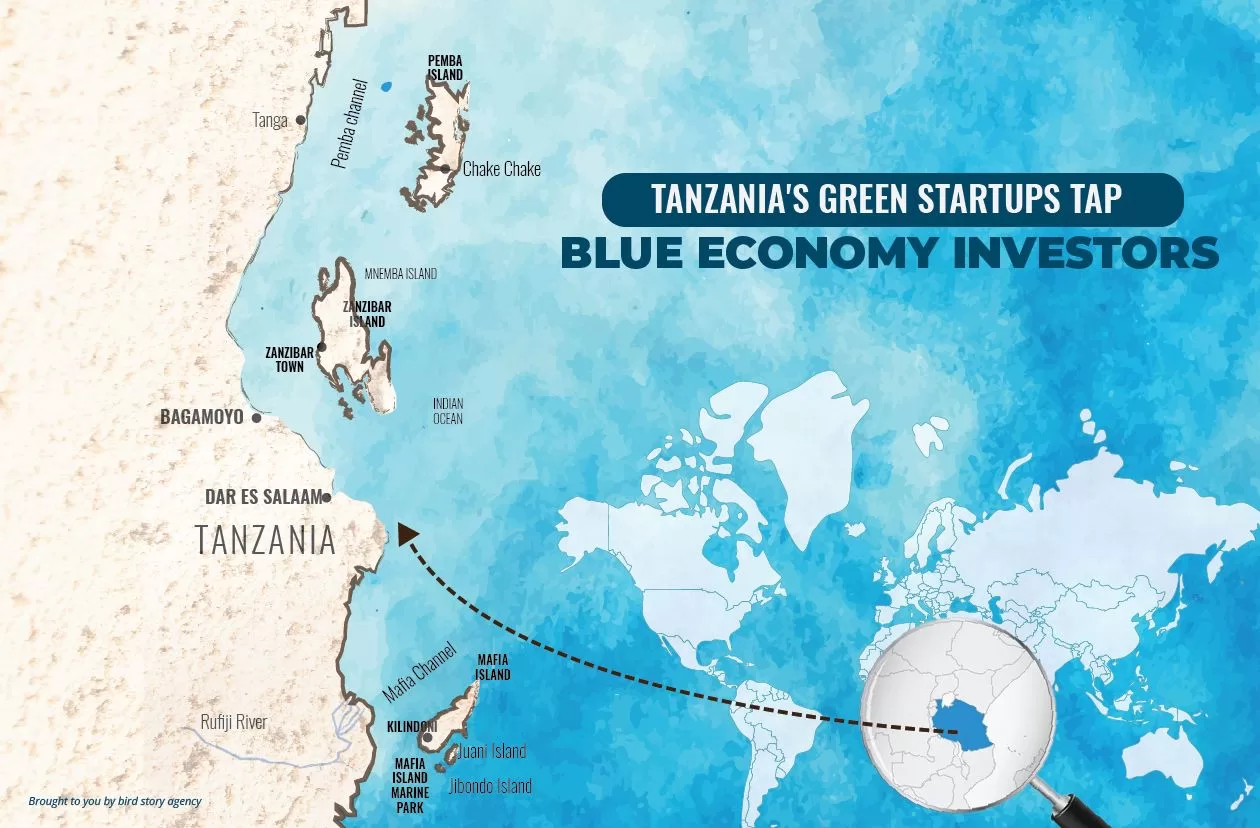
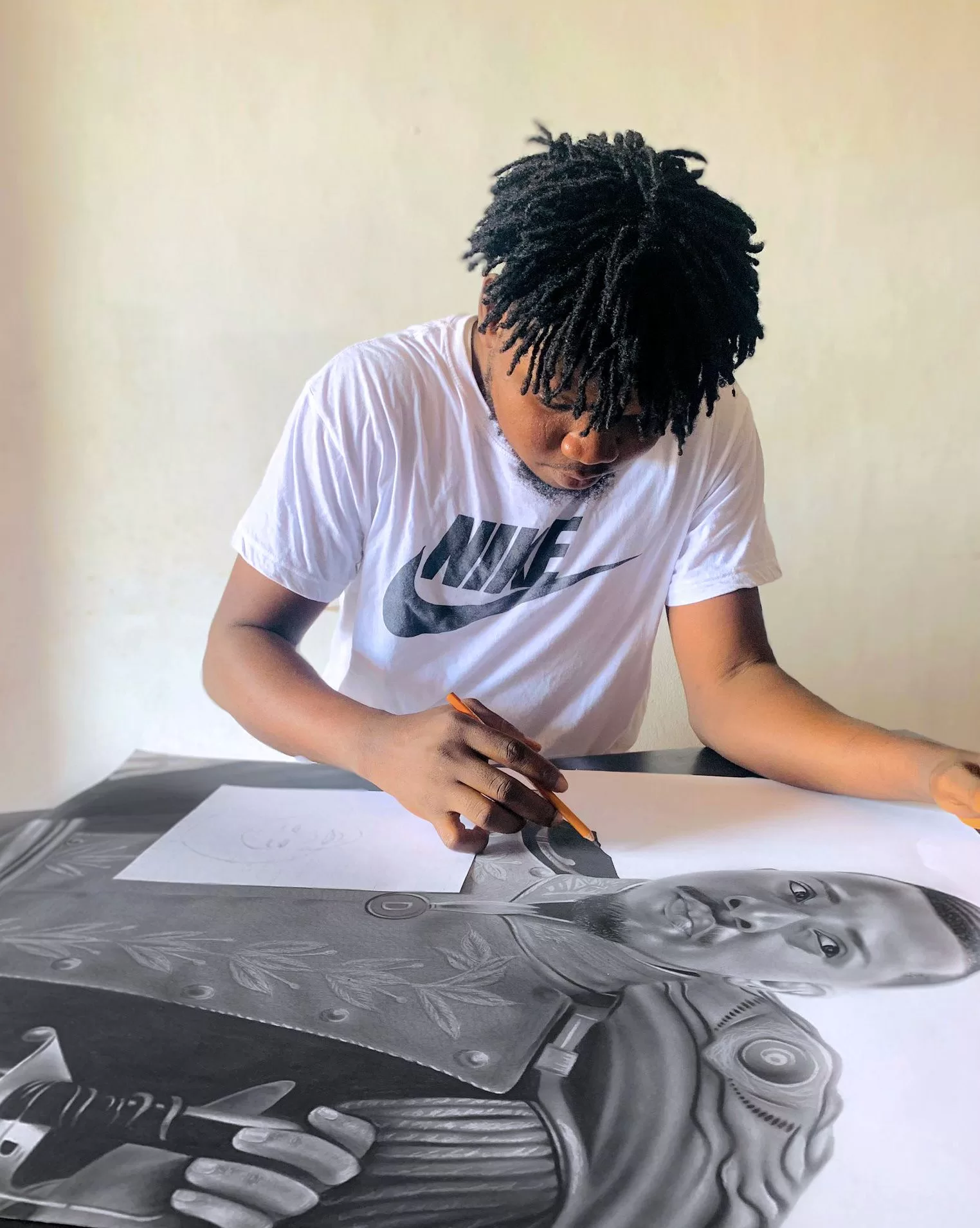
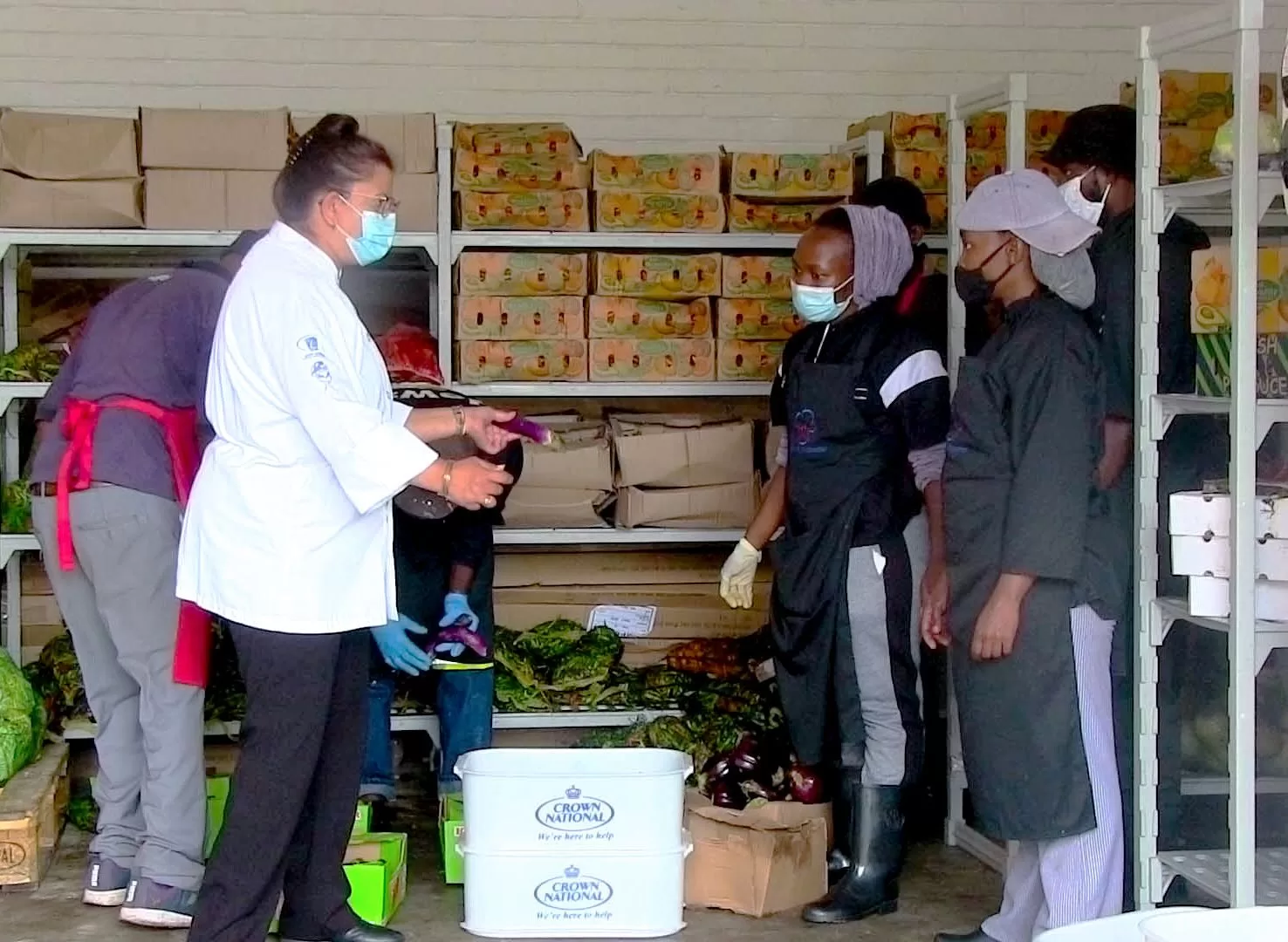
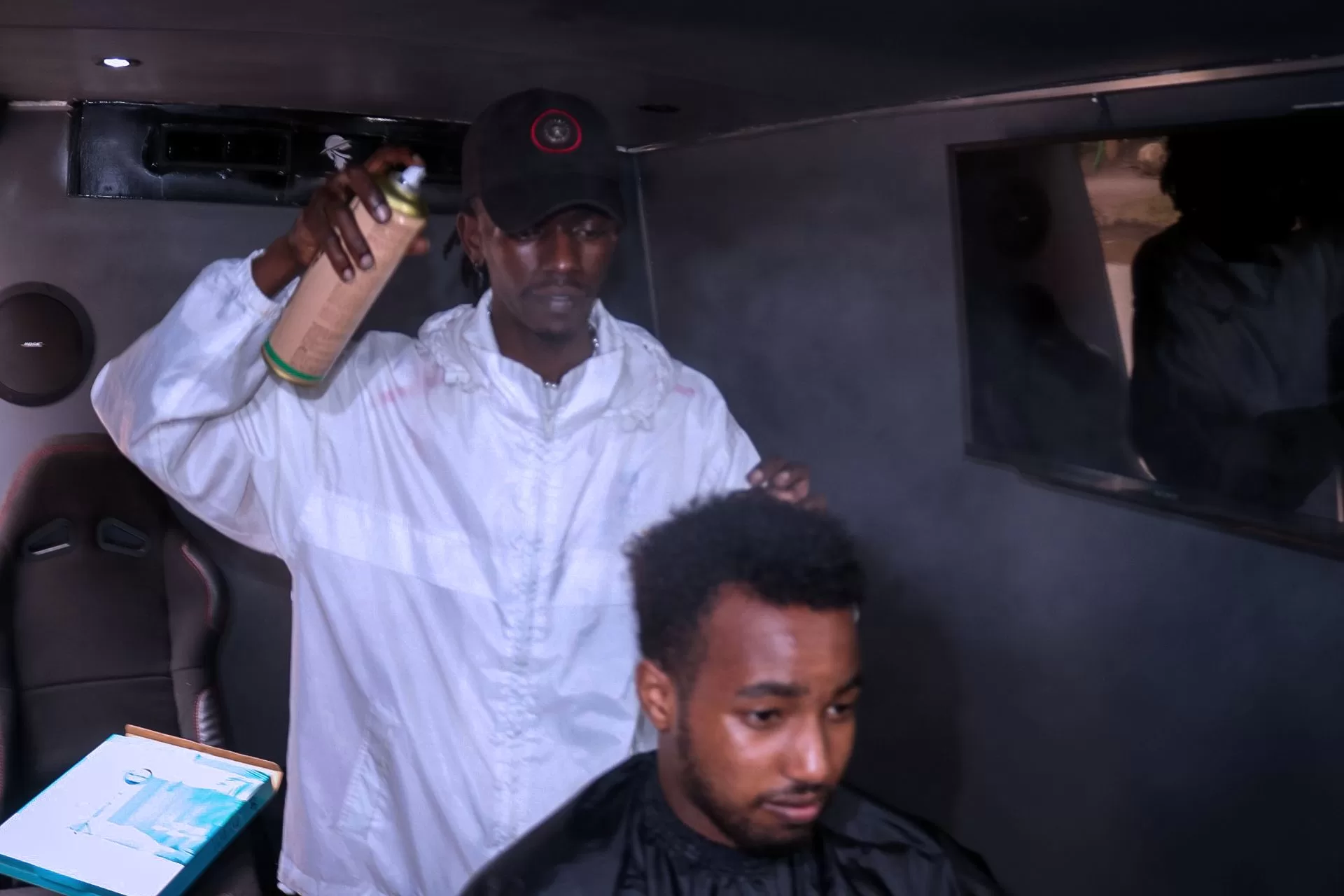
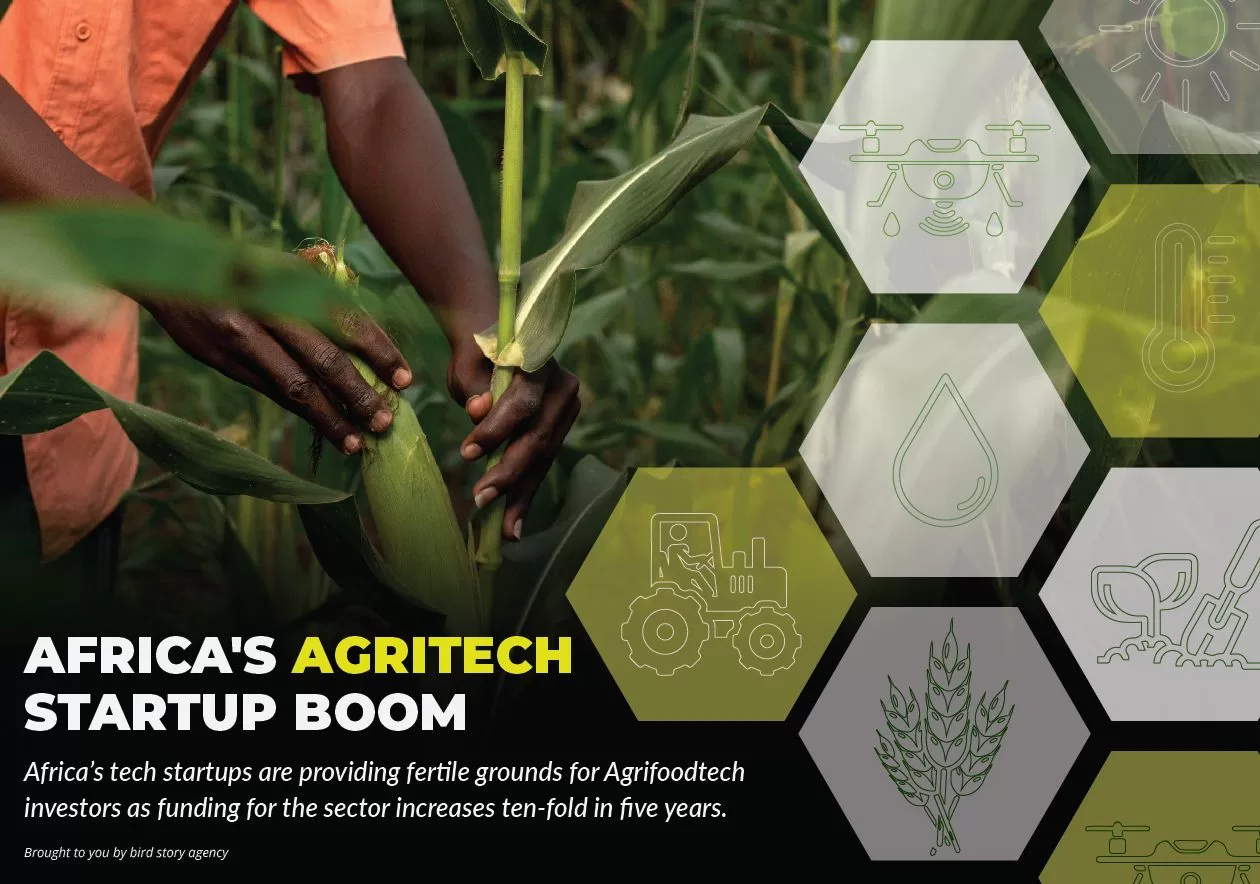
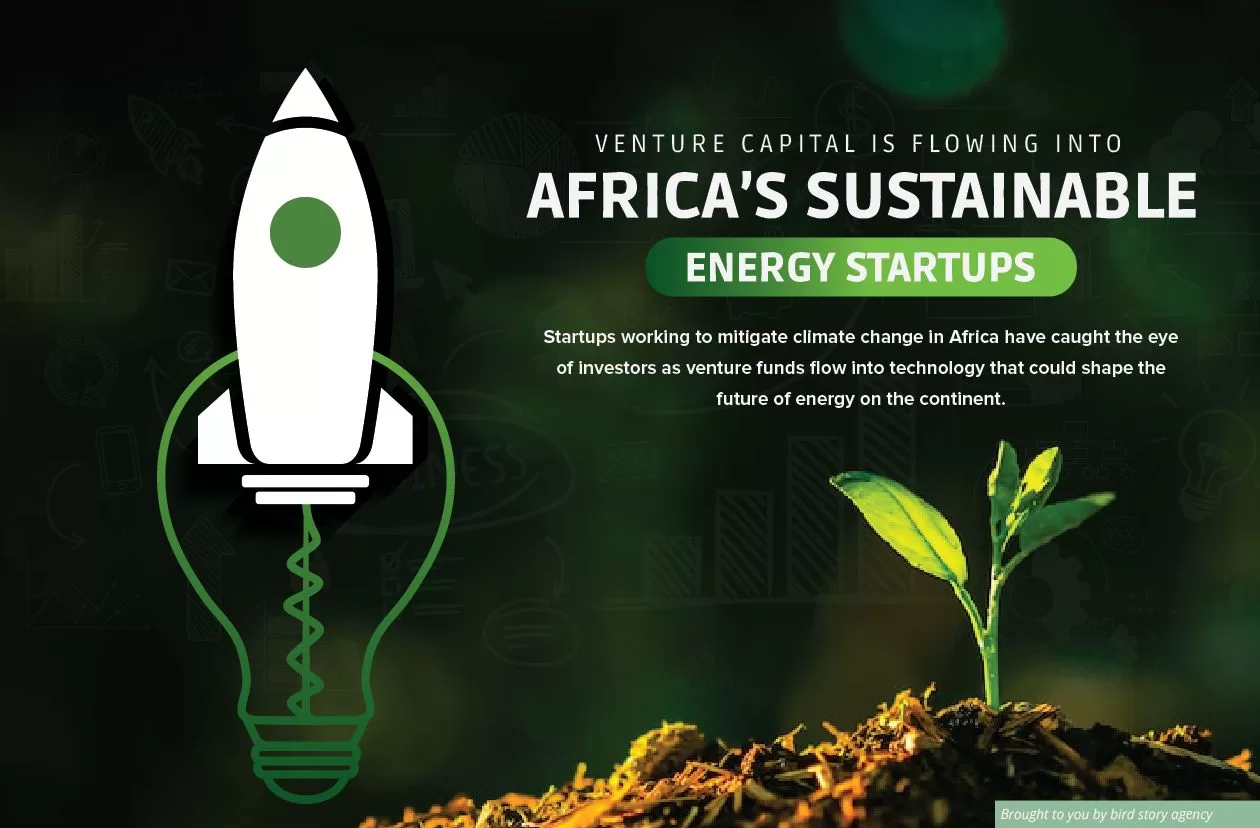






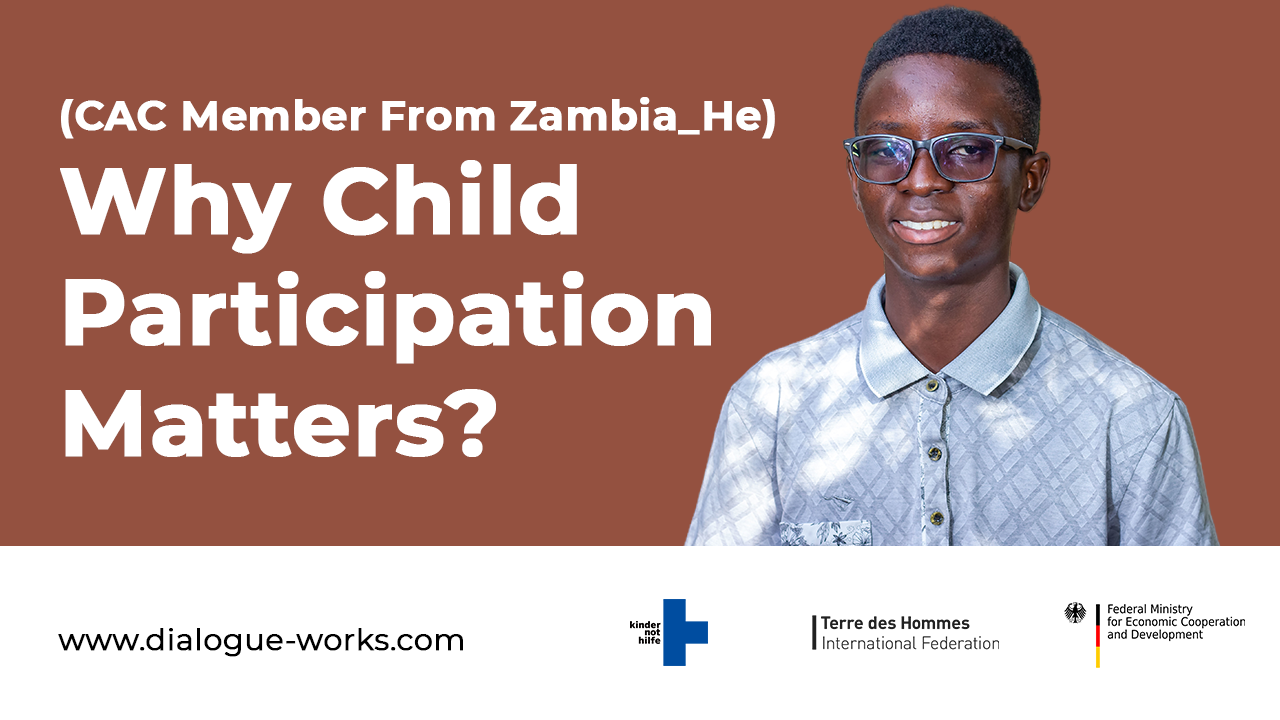
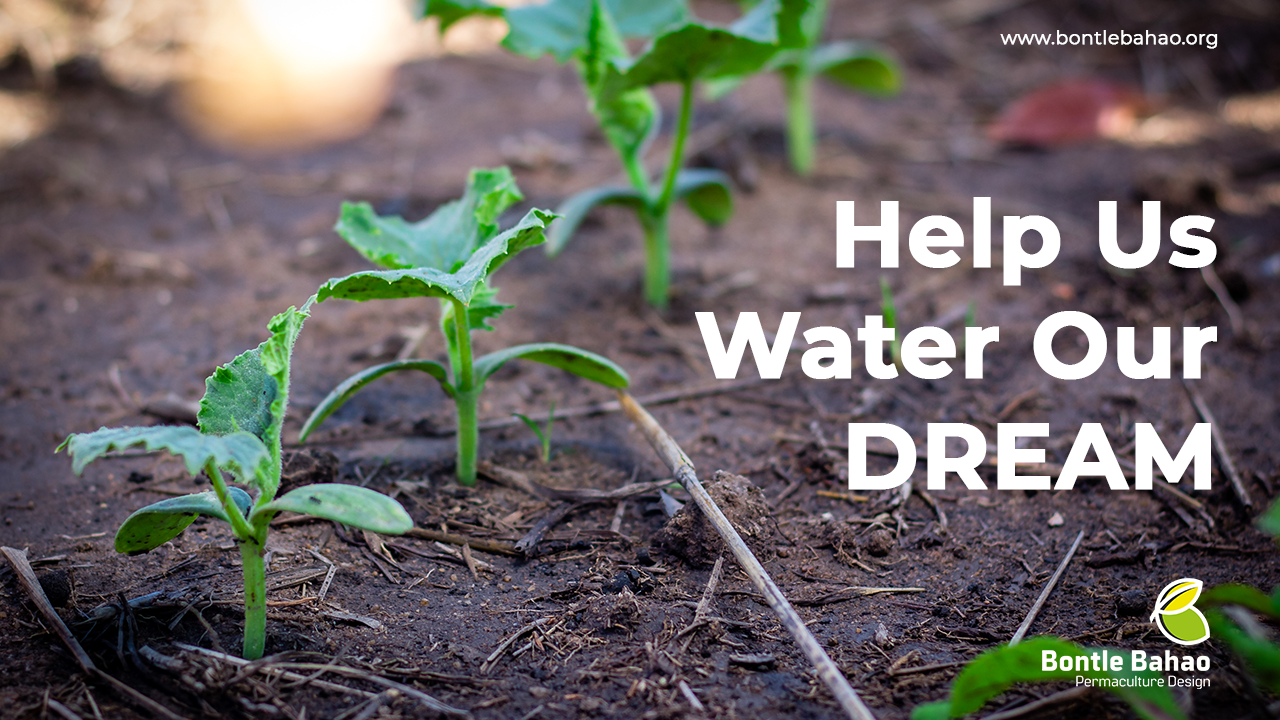
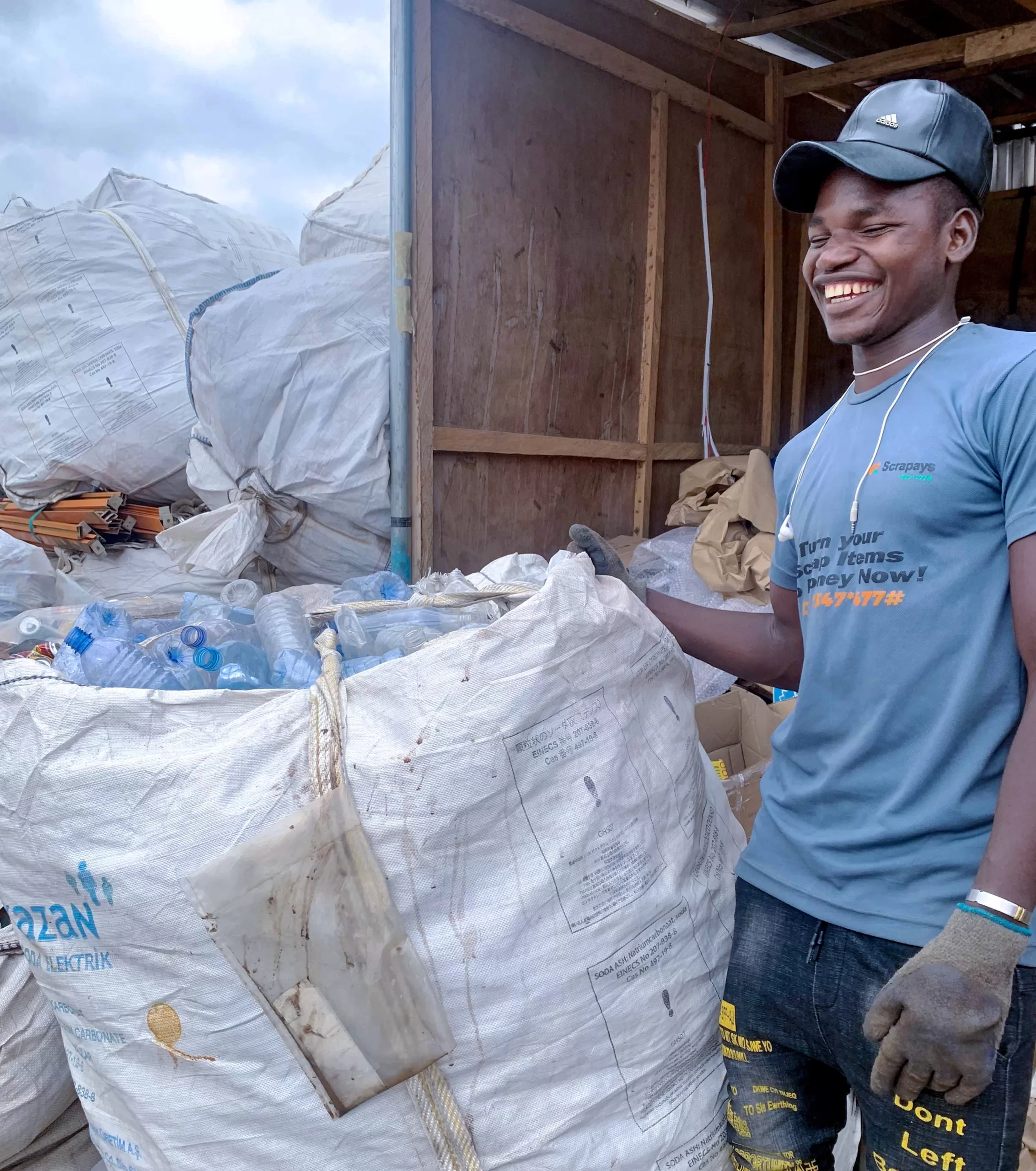
Leave a Reply
You must be logged in to post a comment.